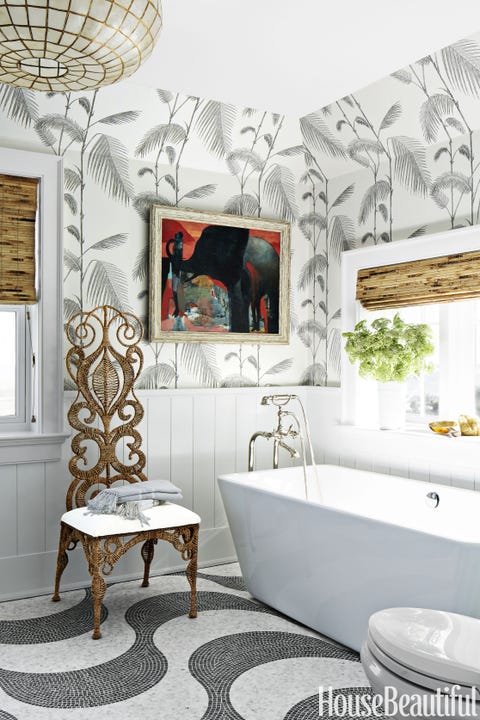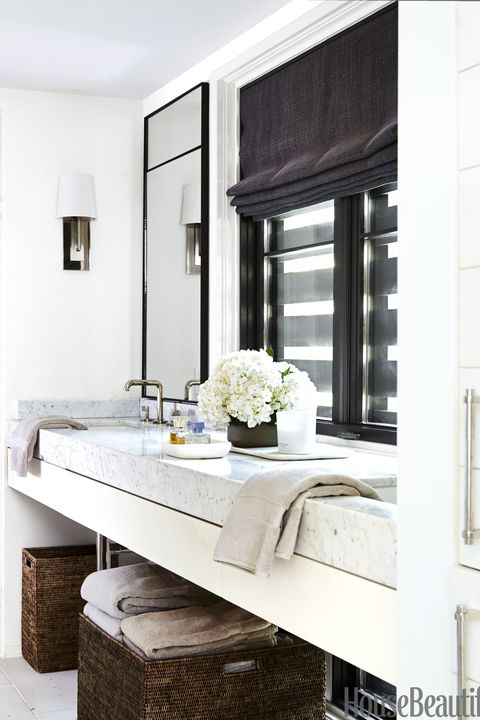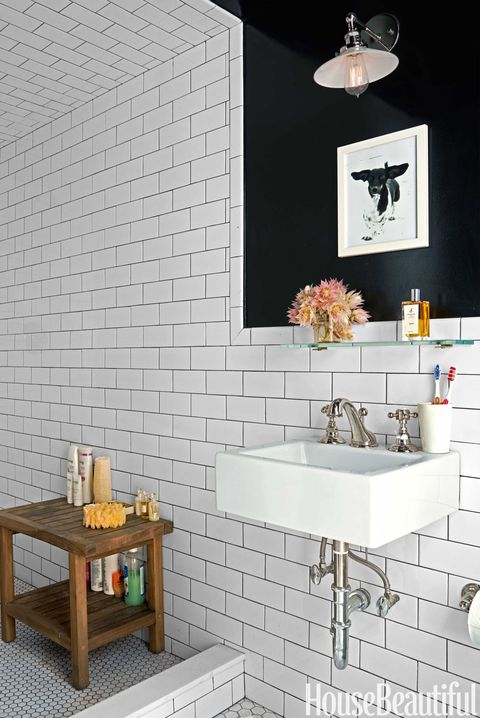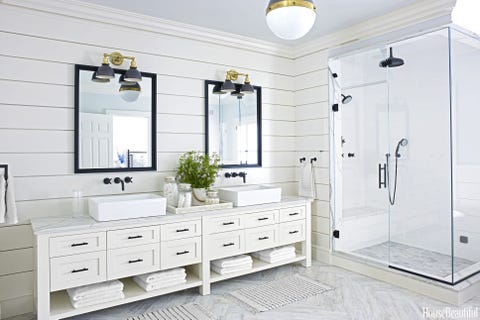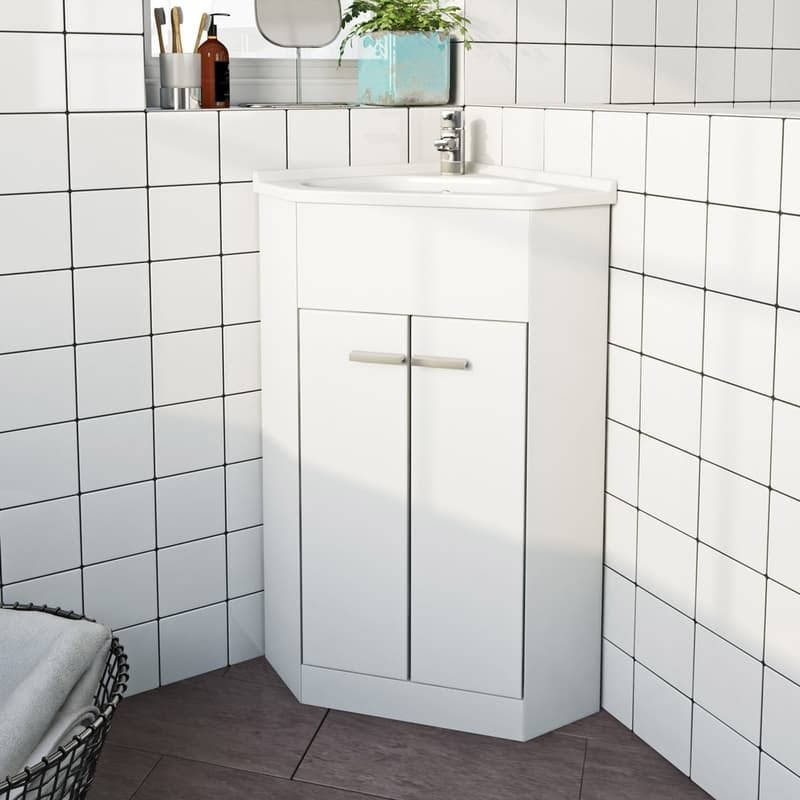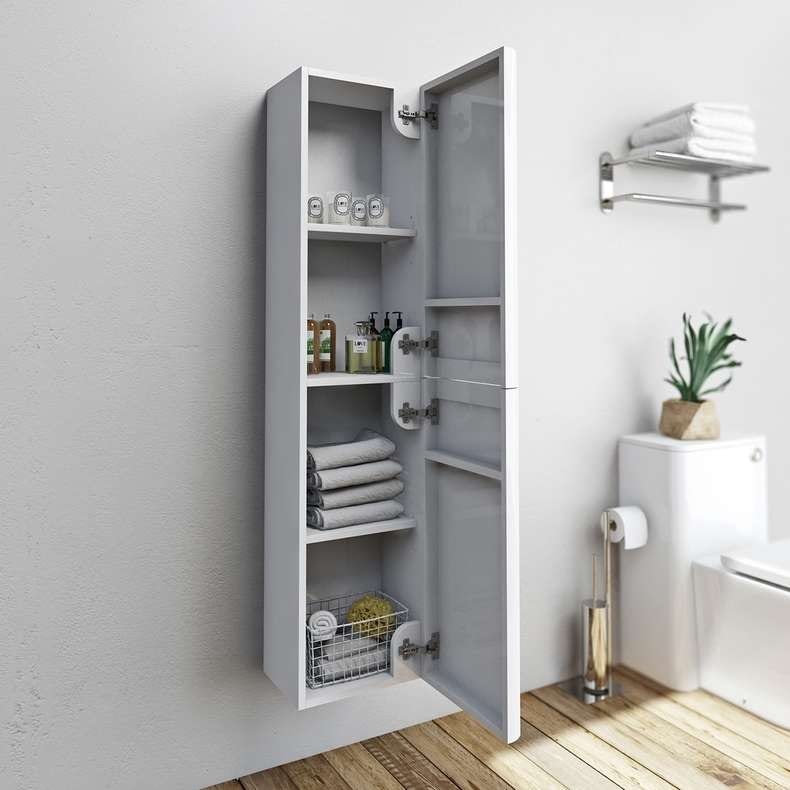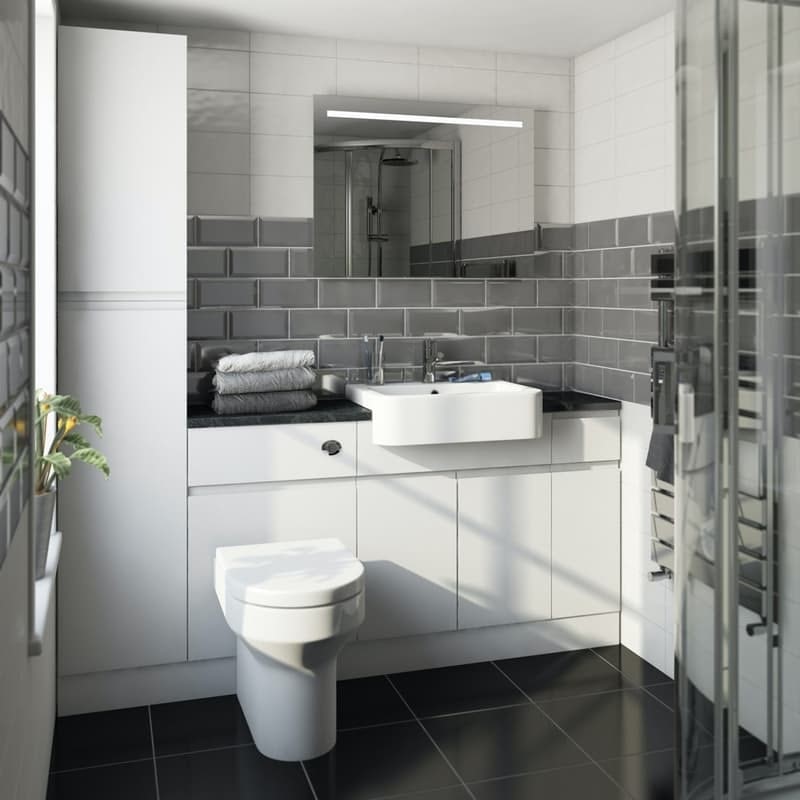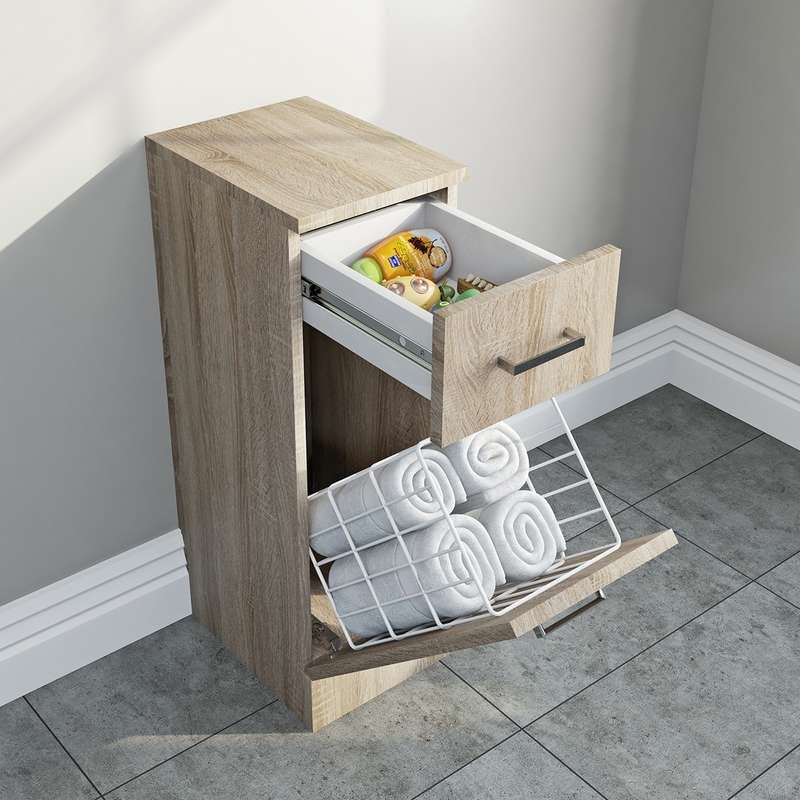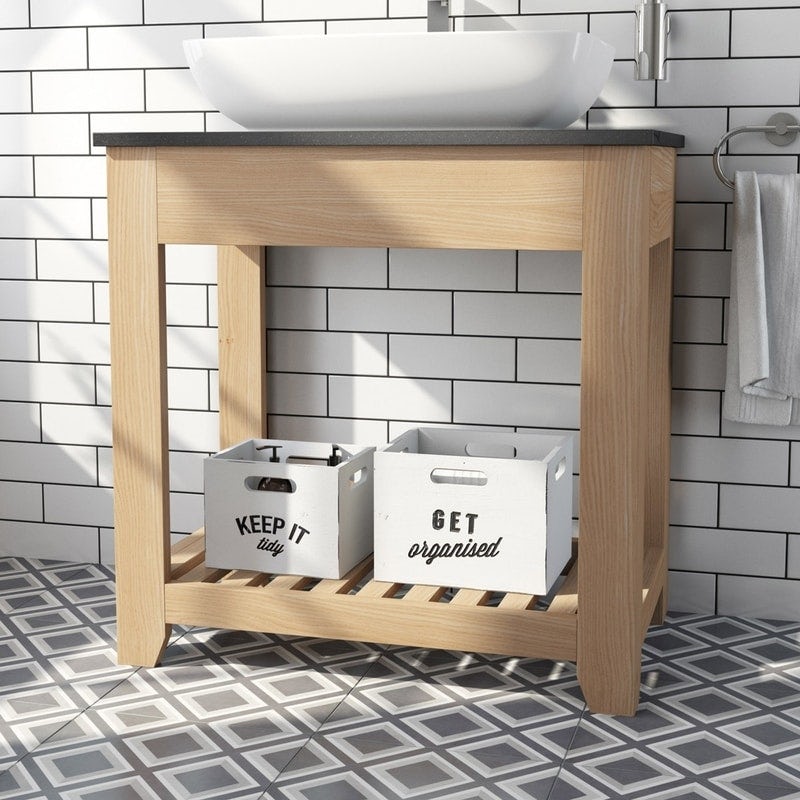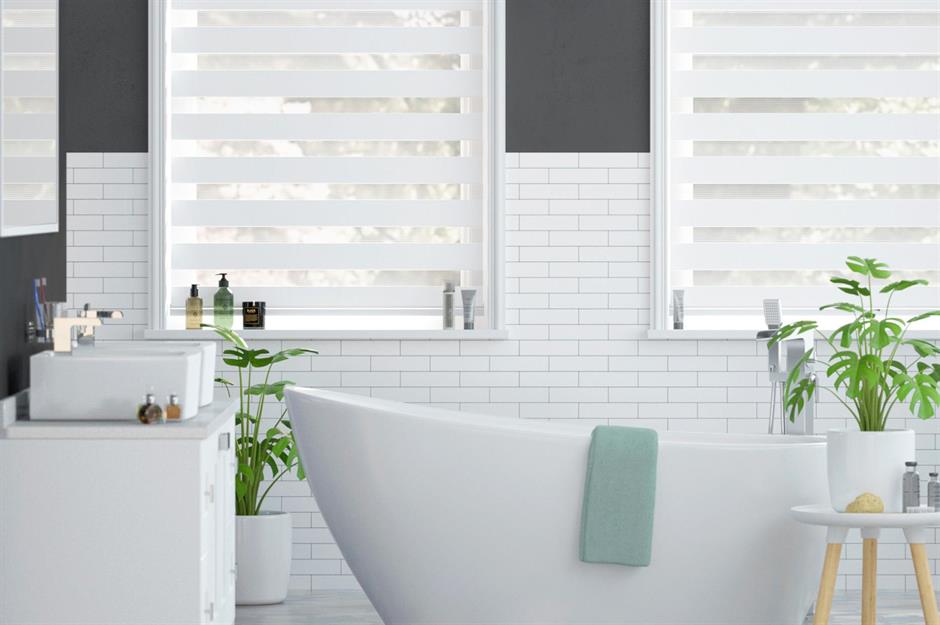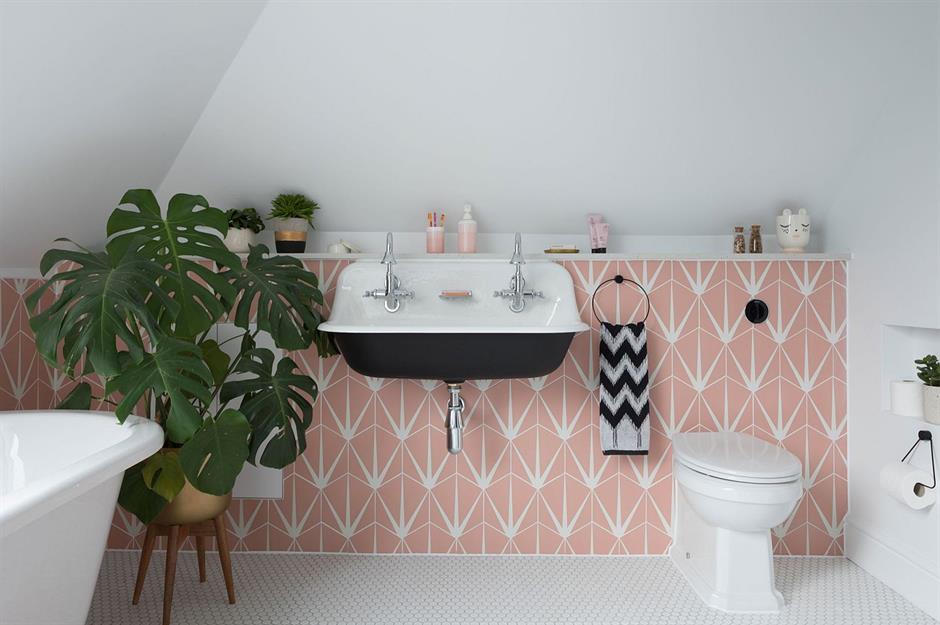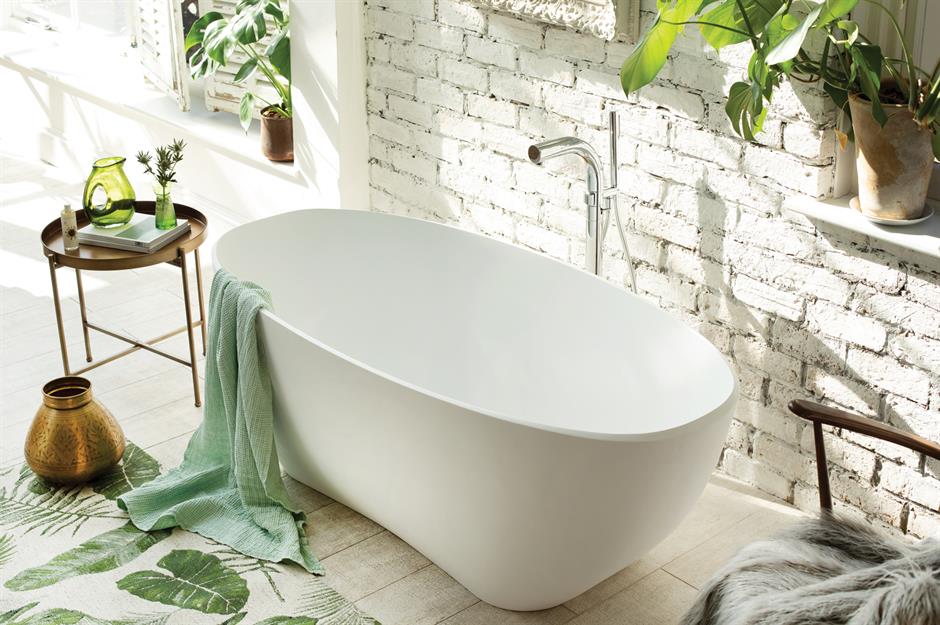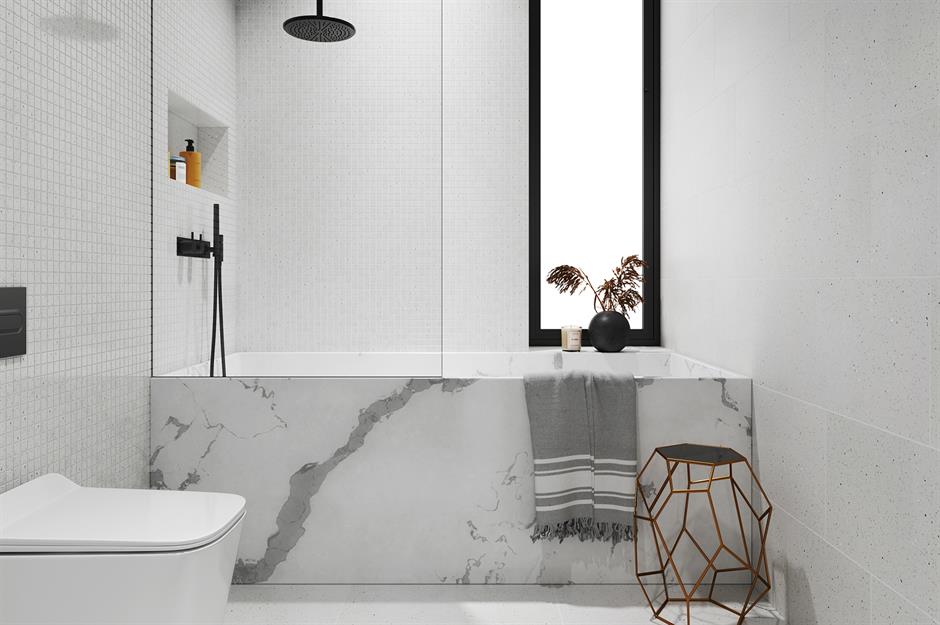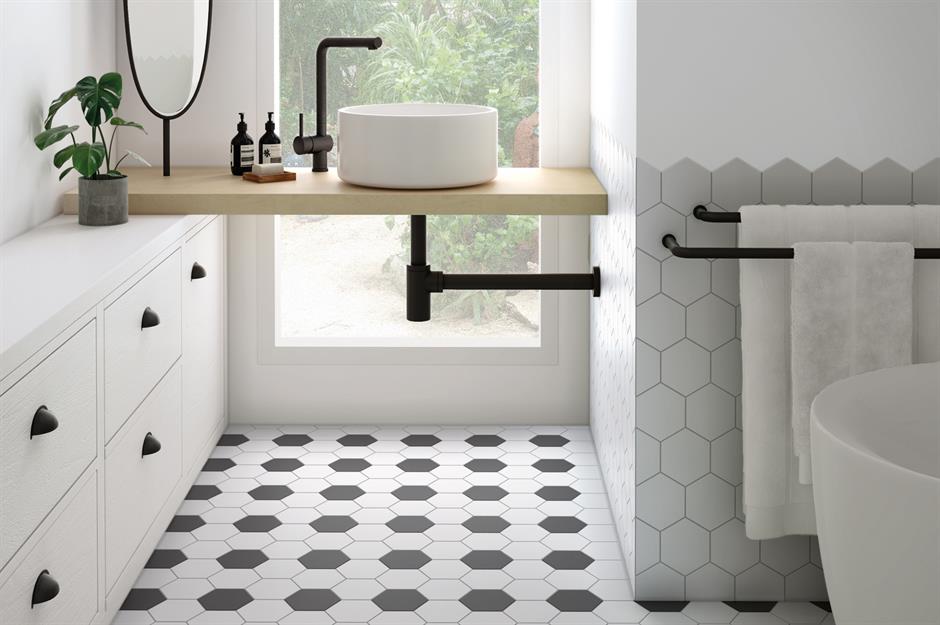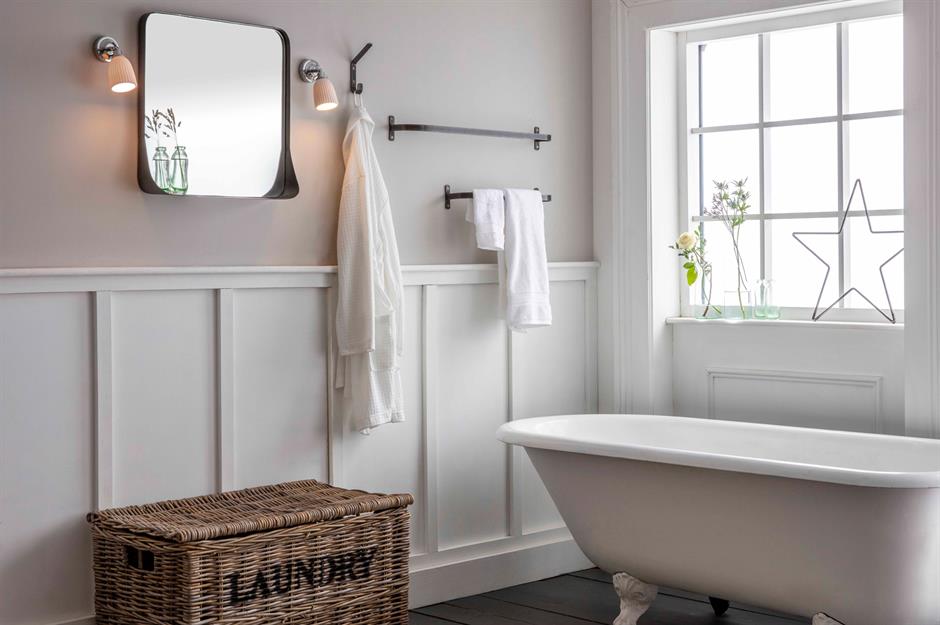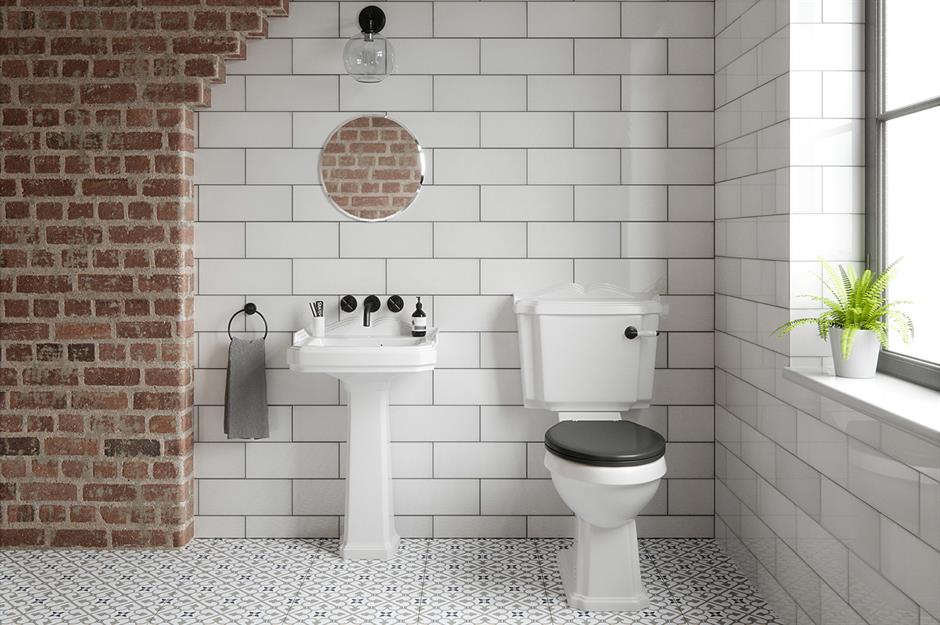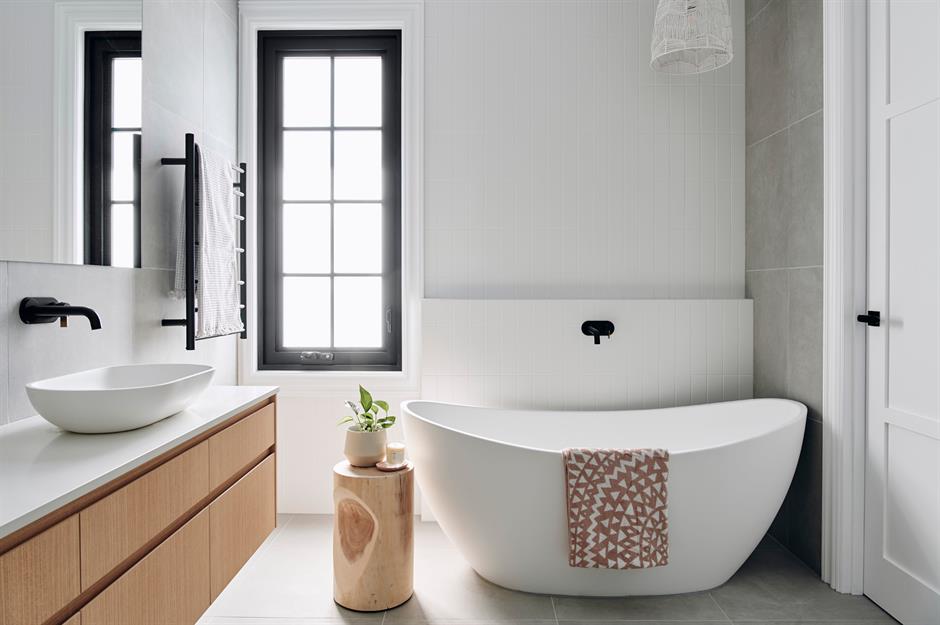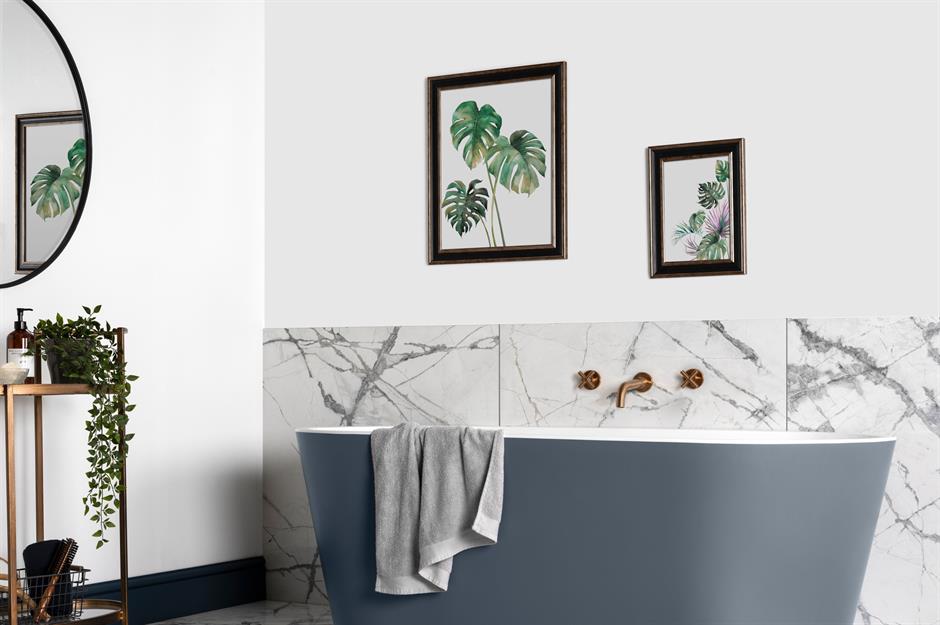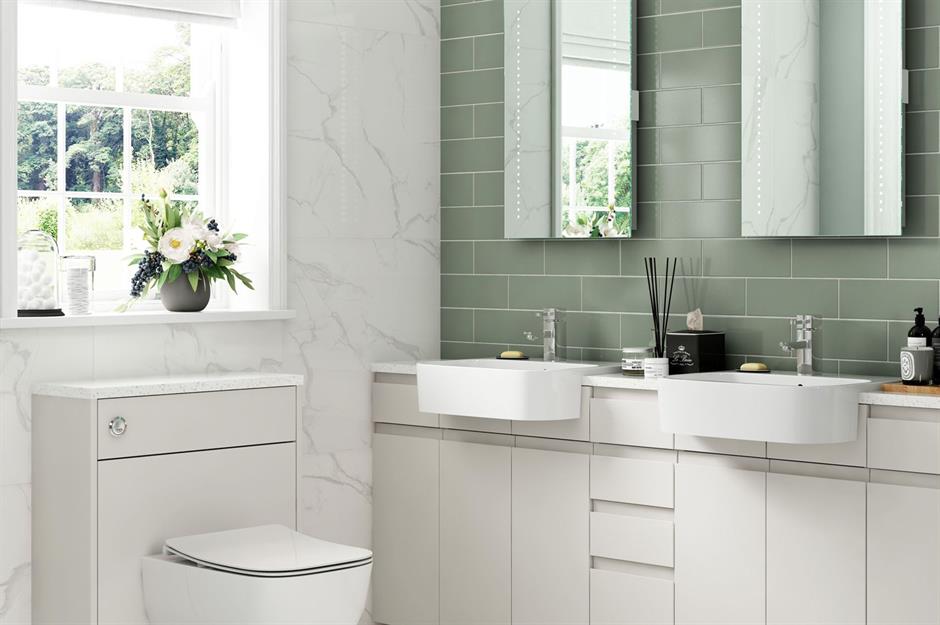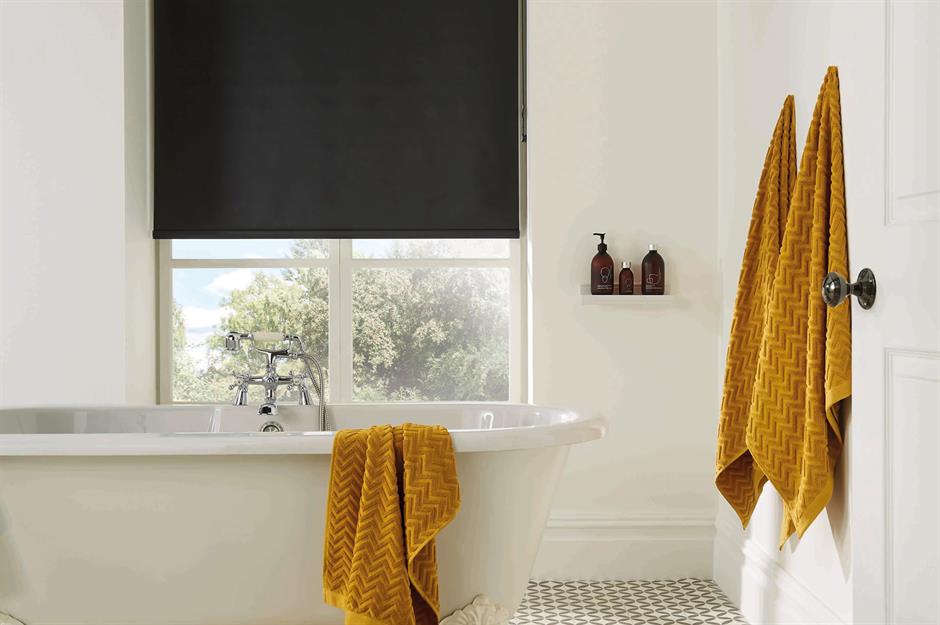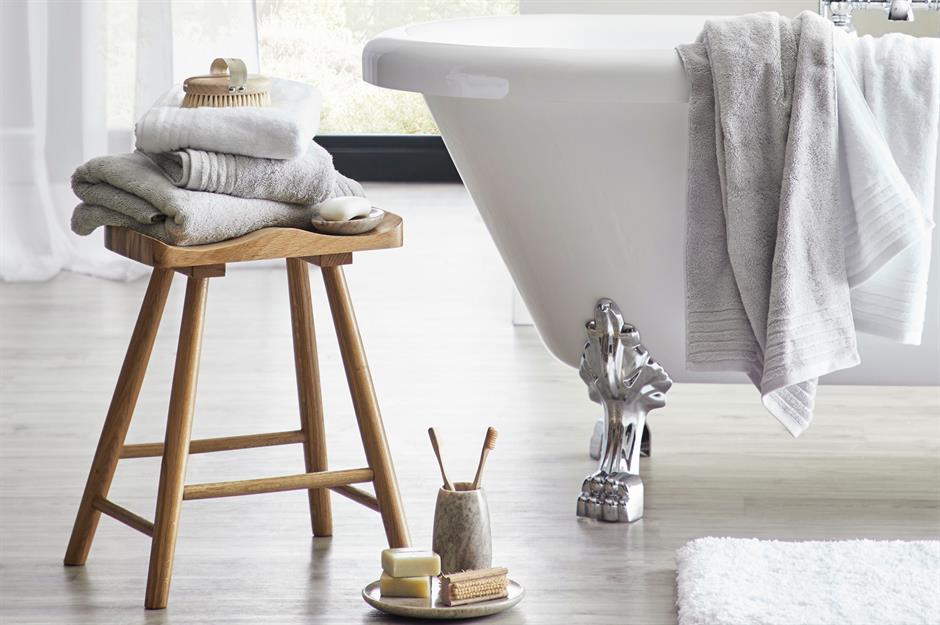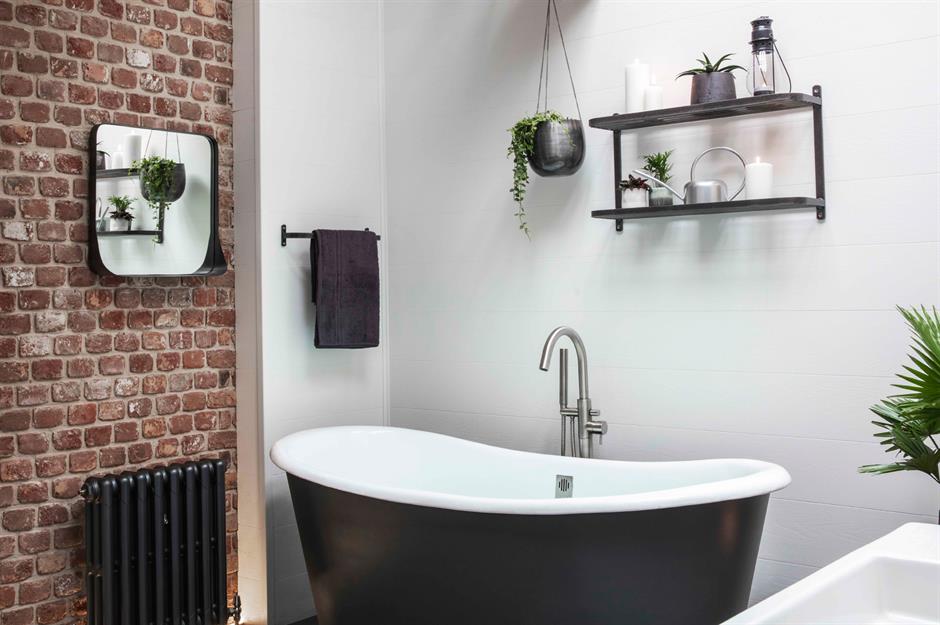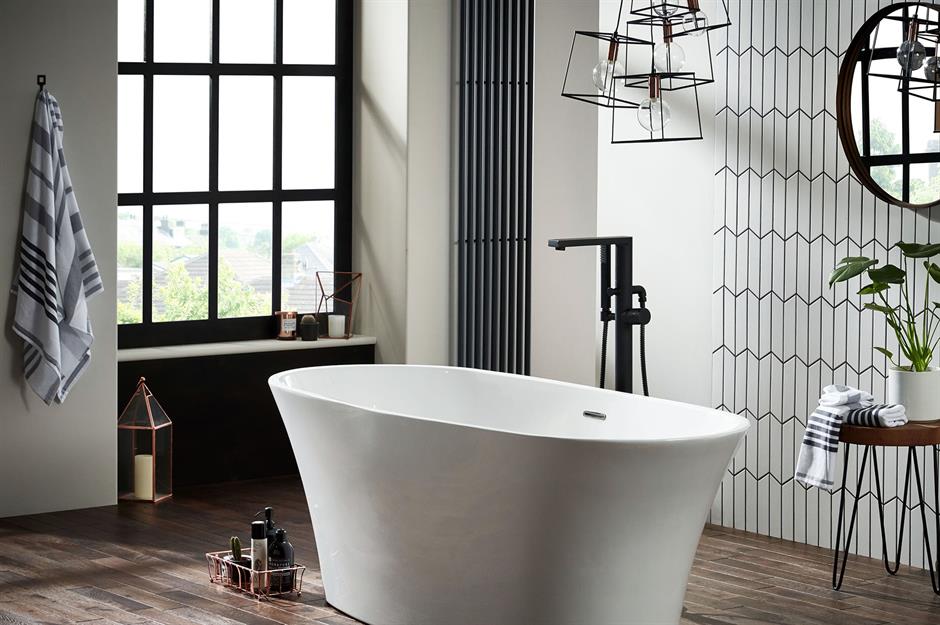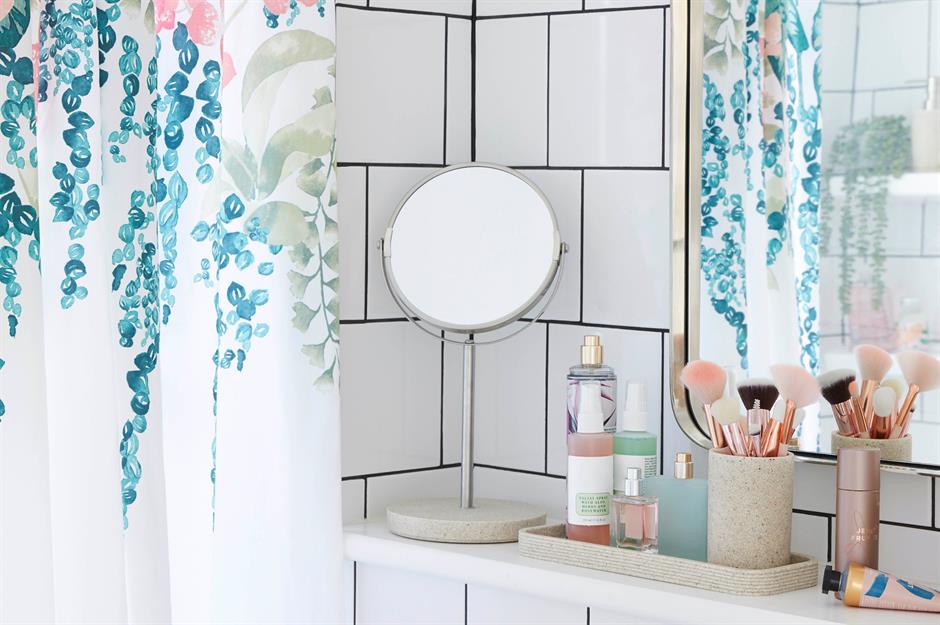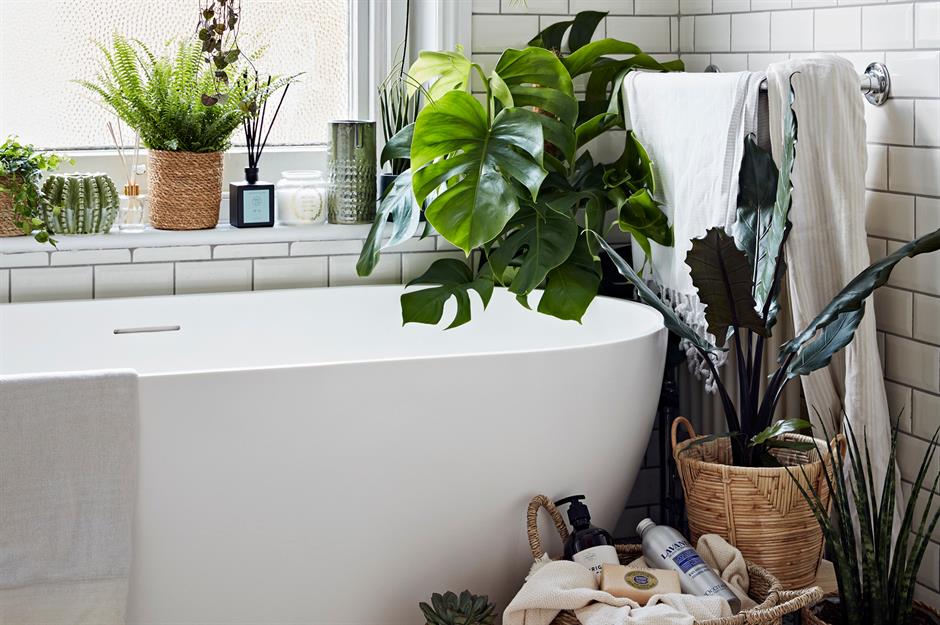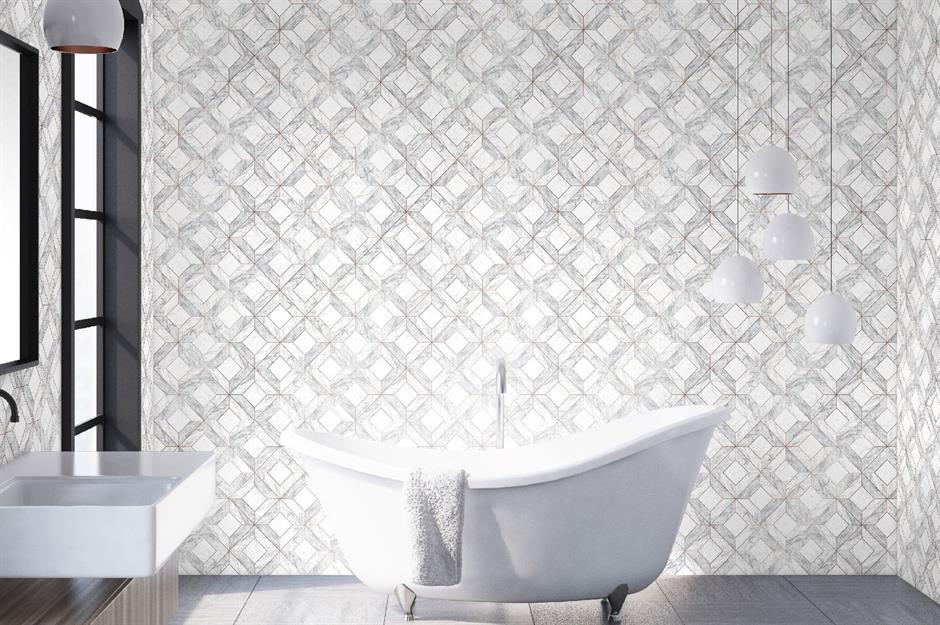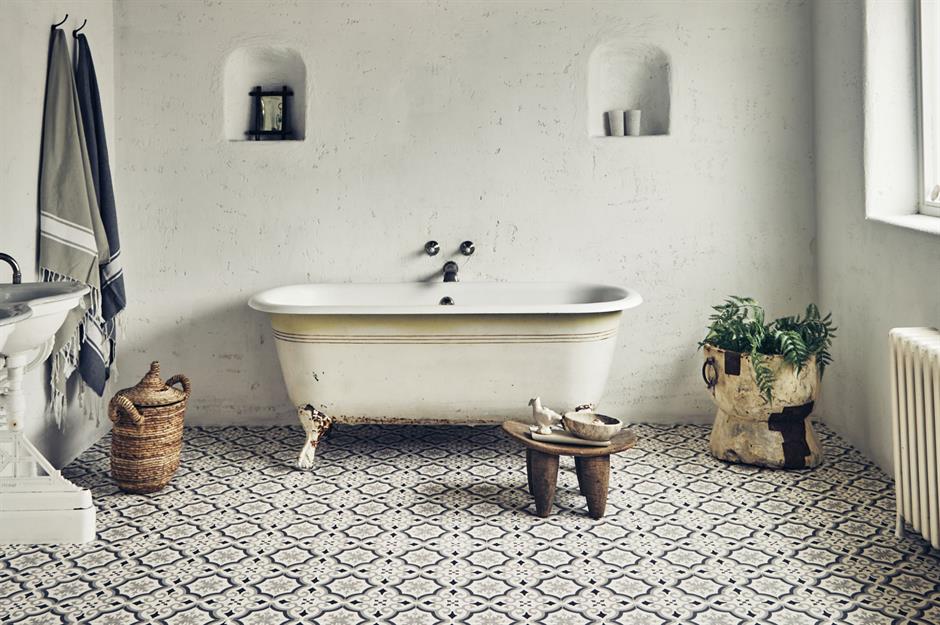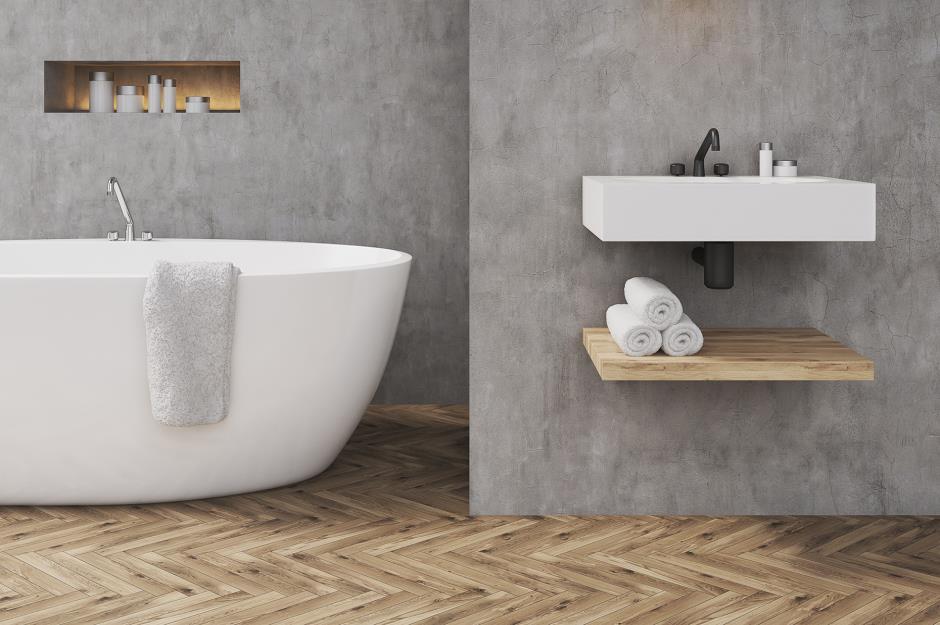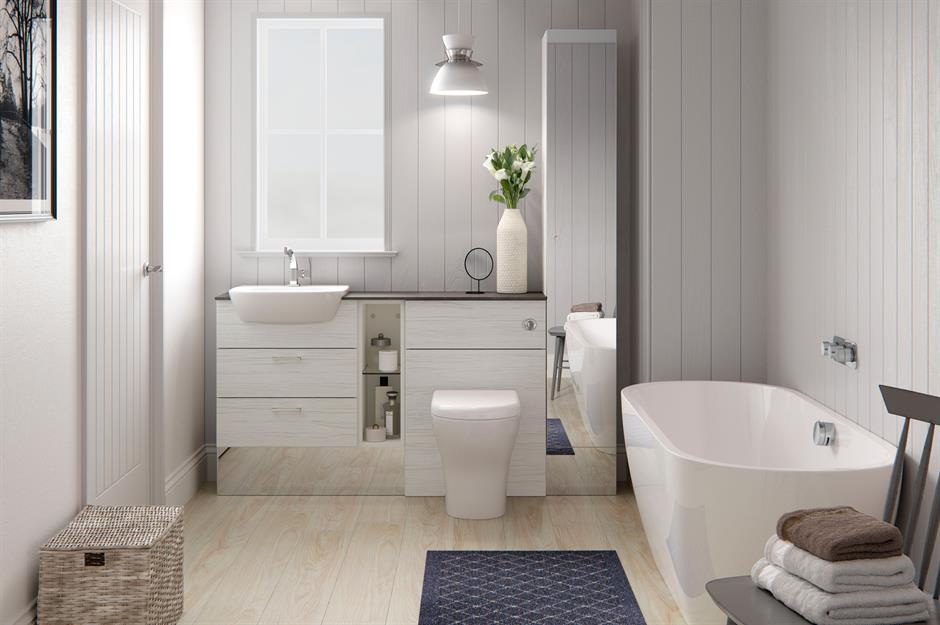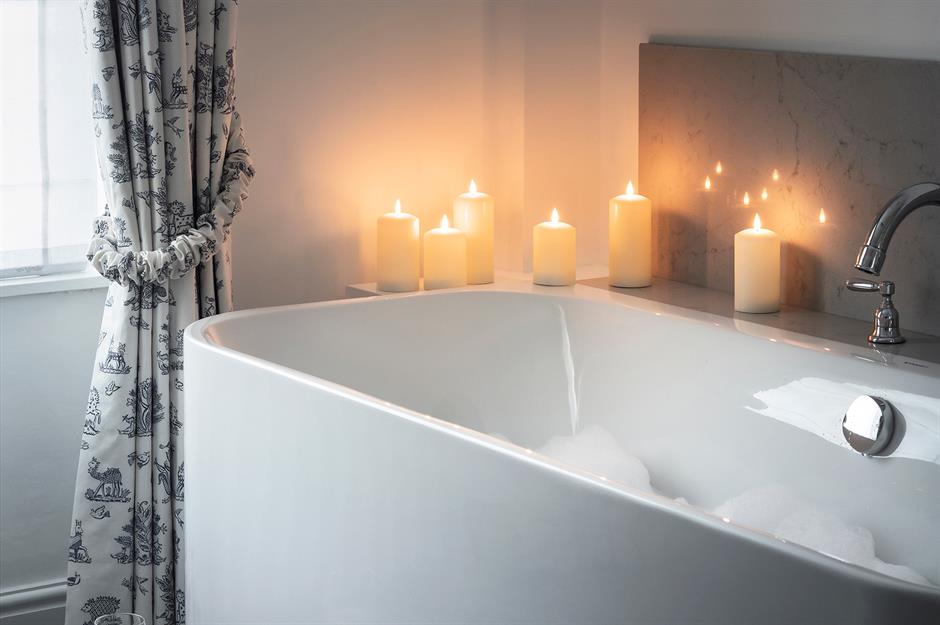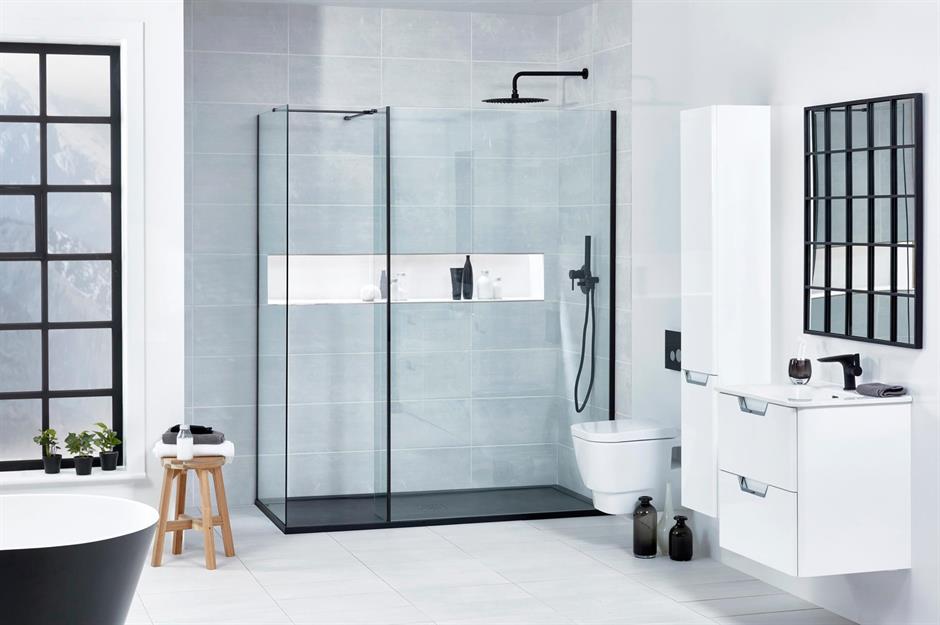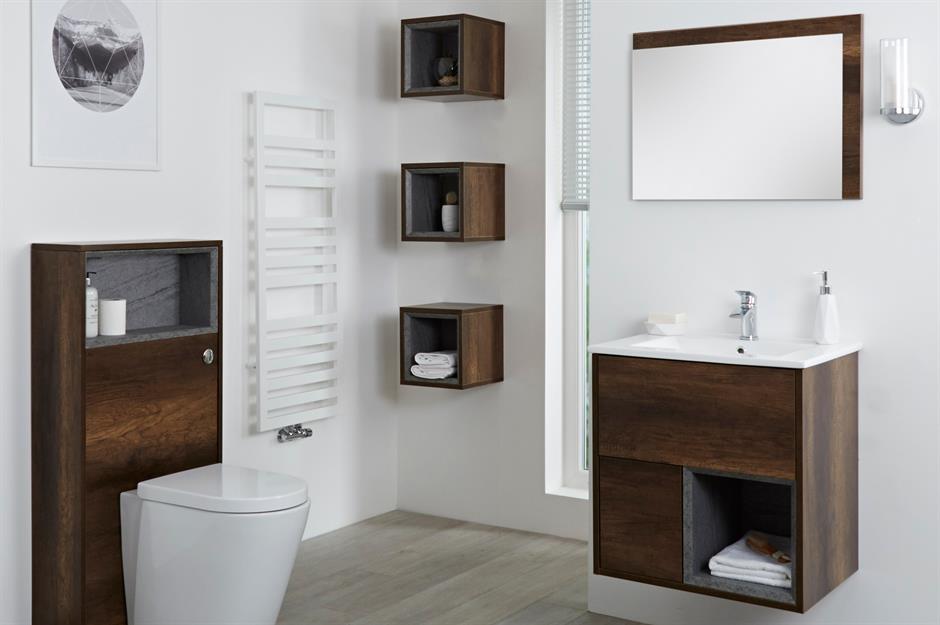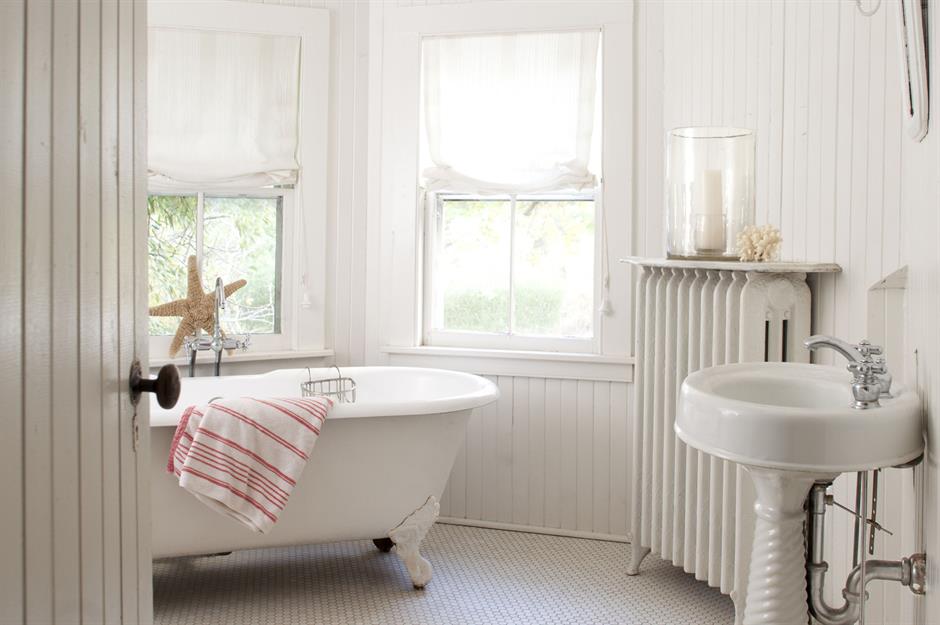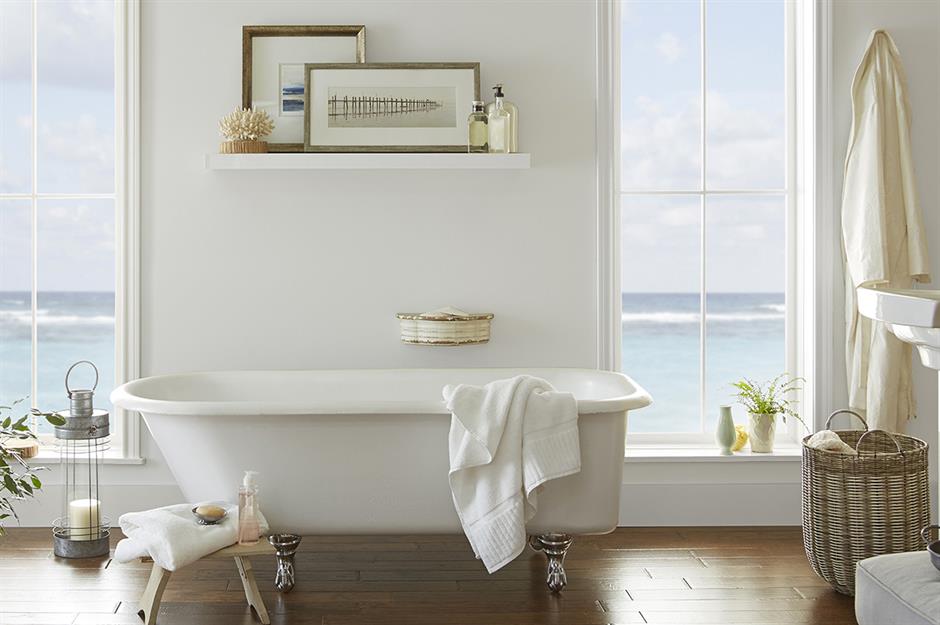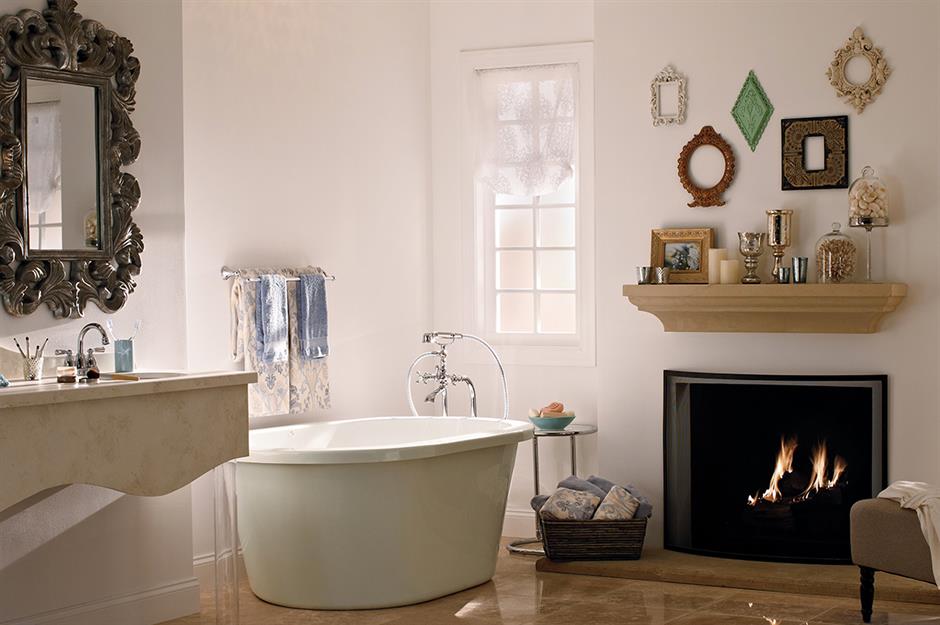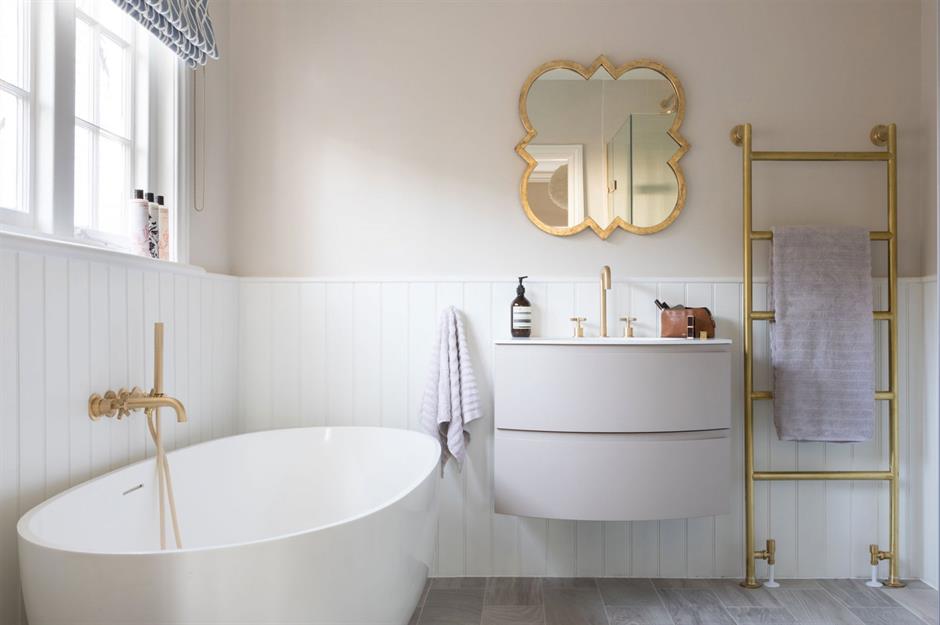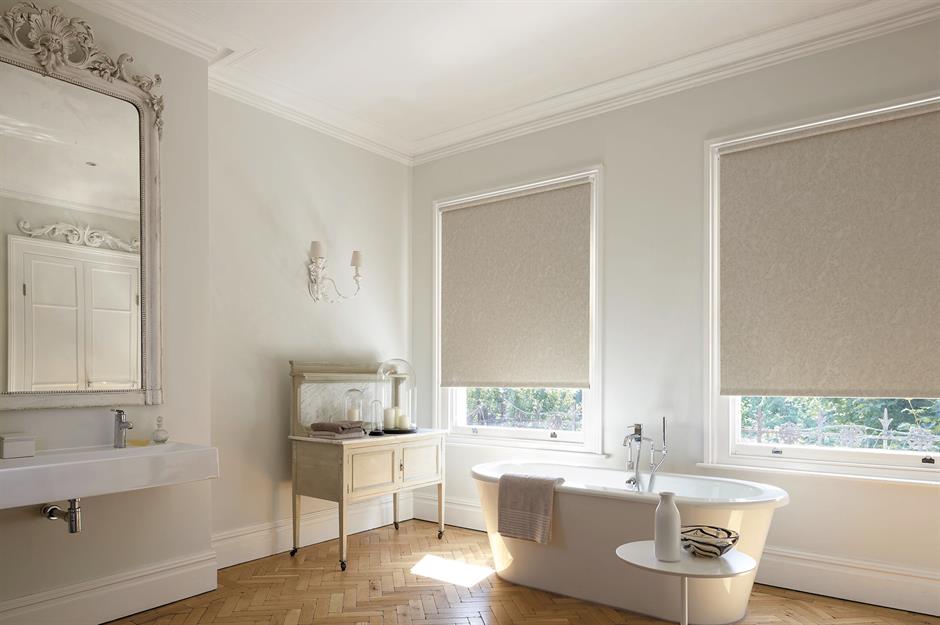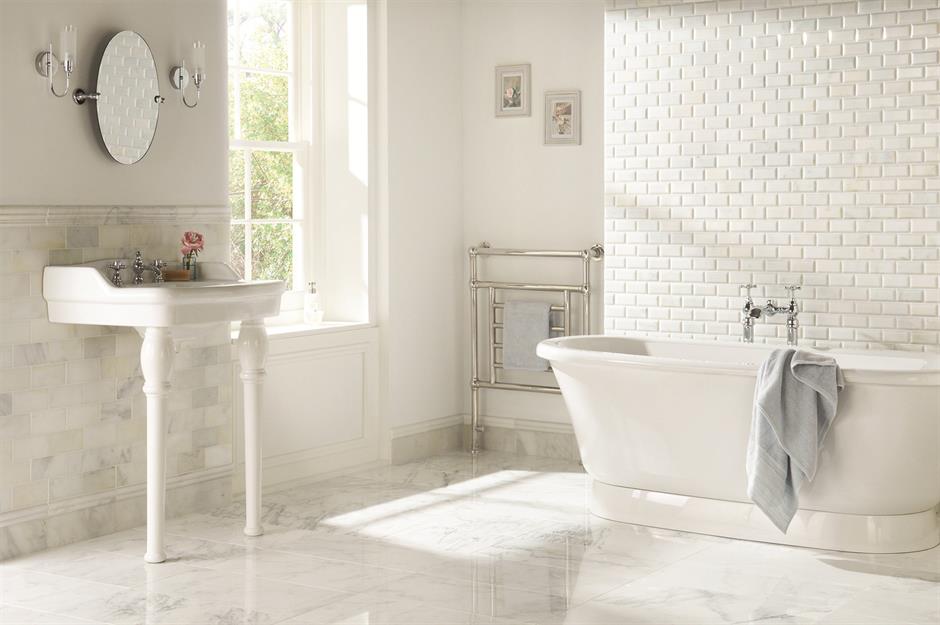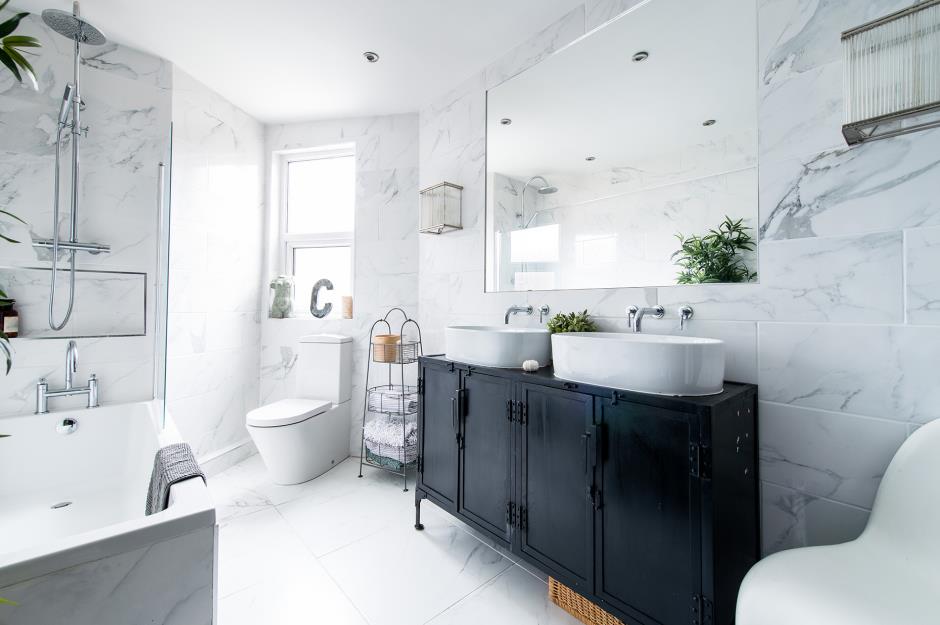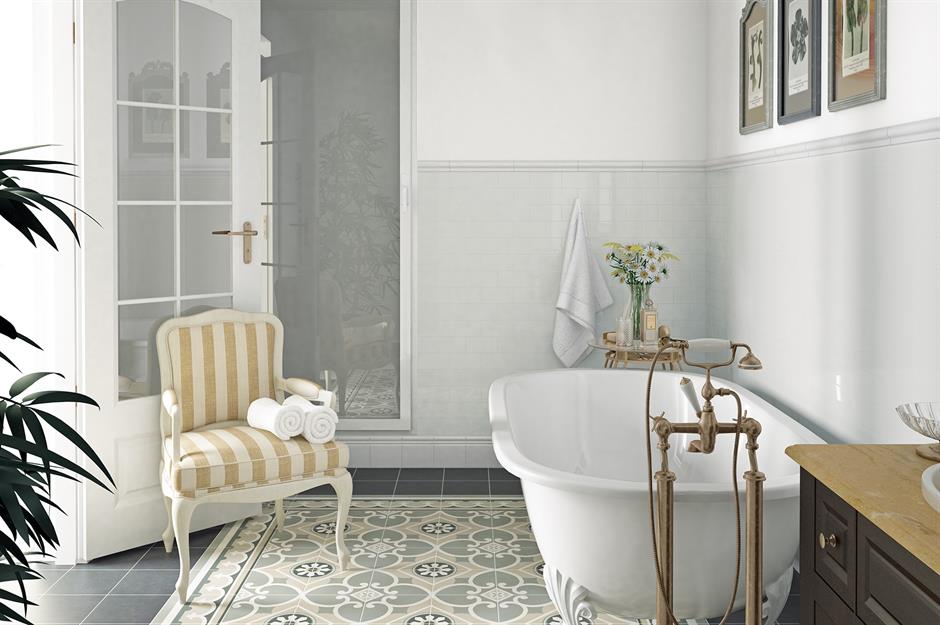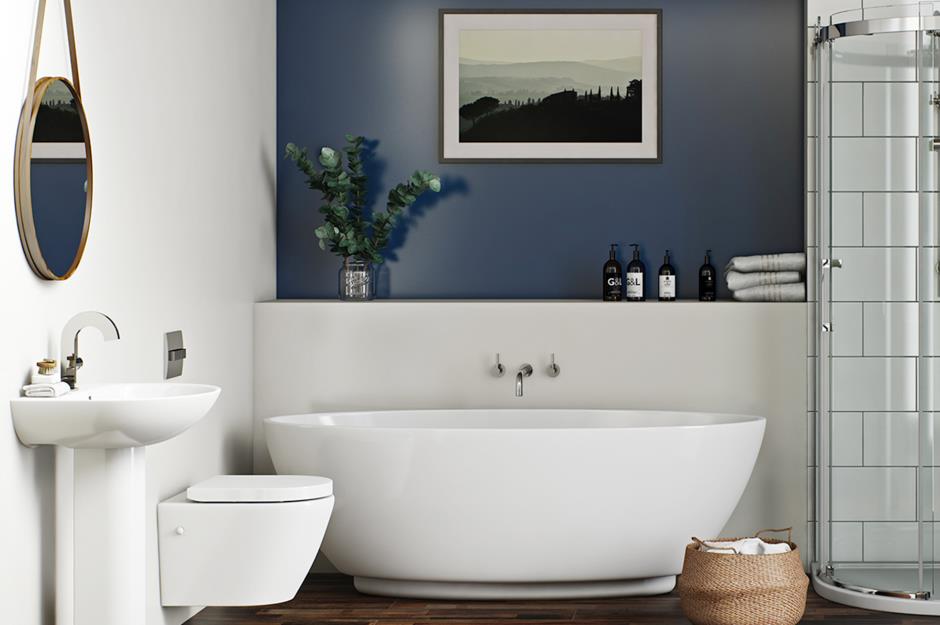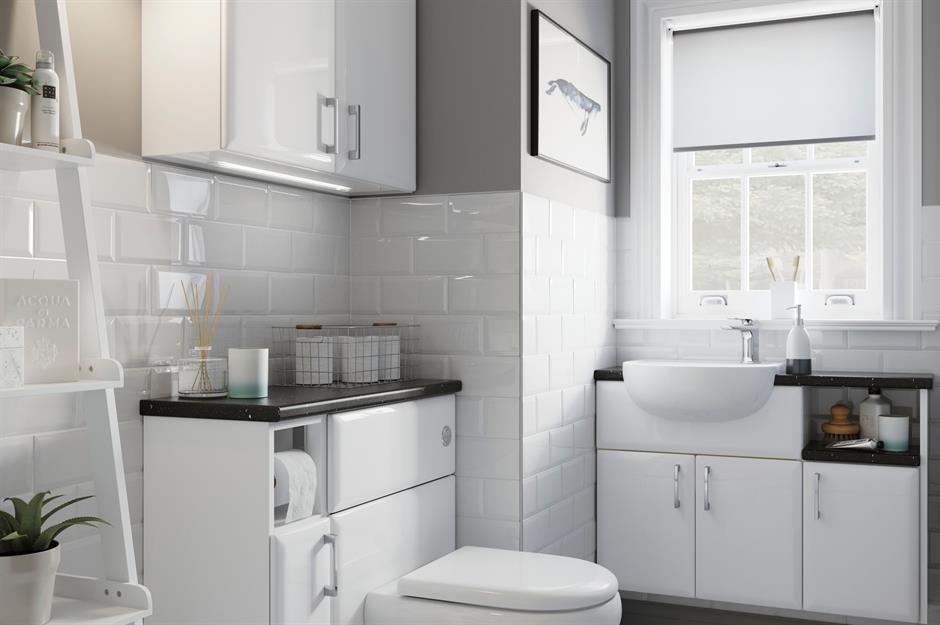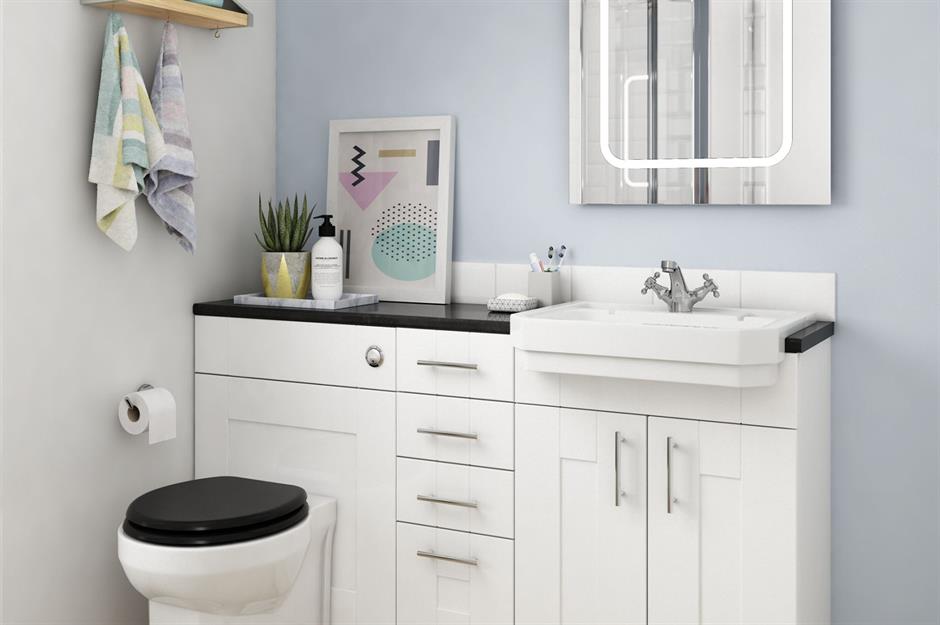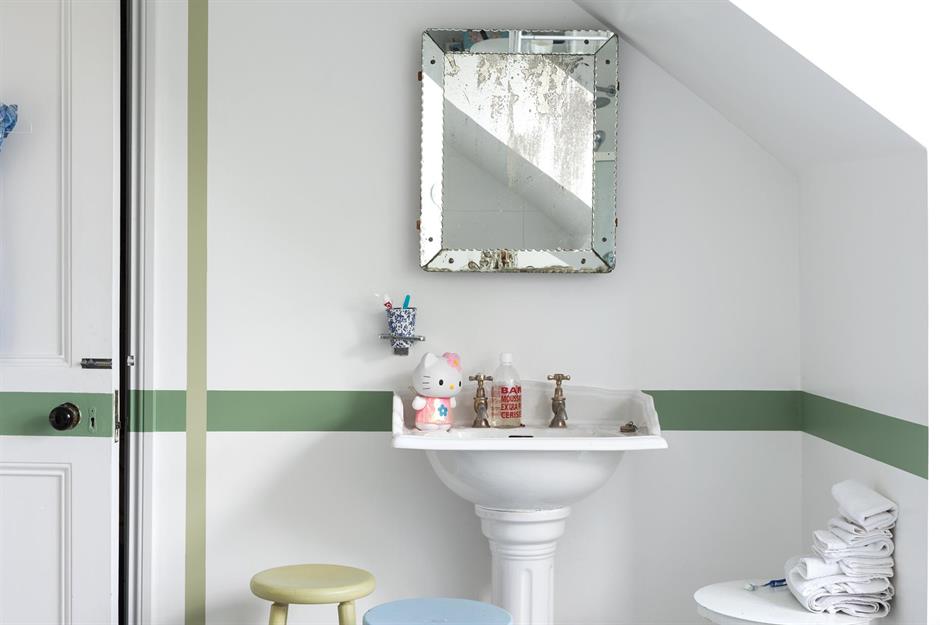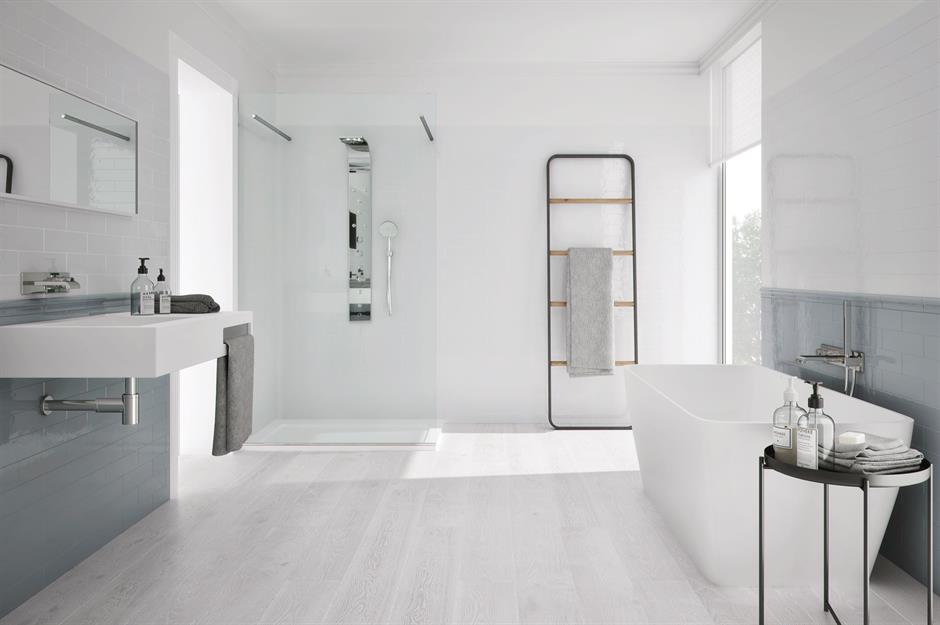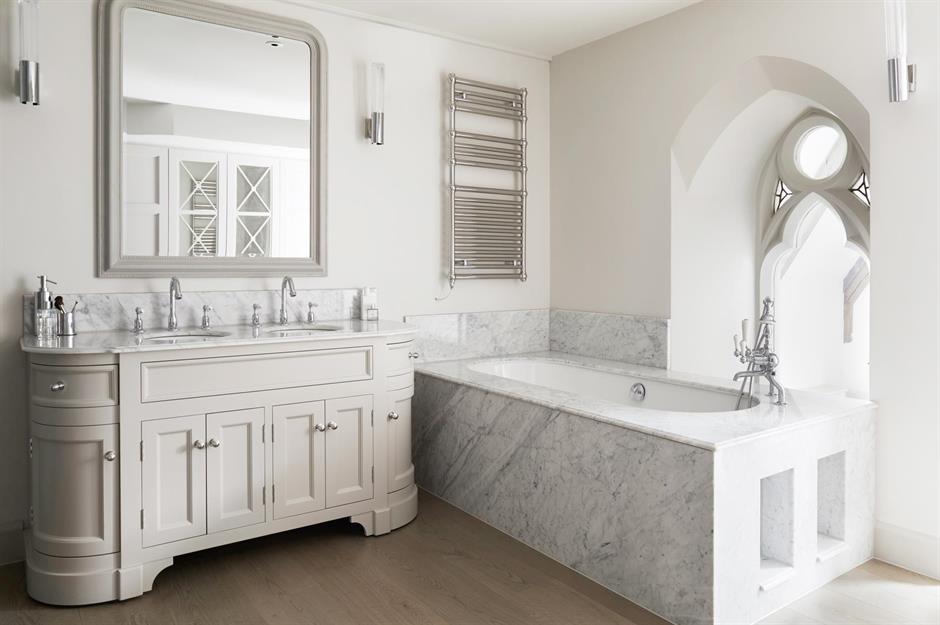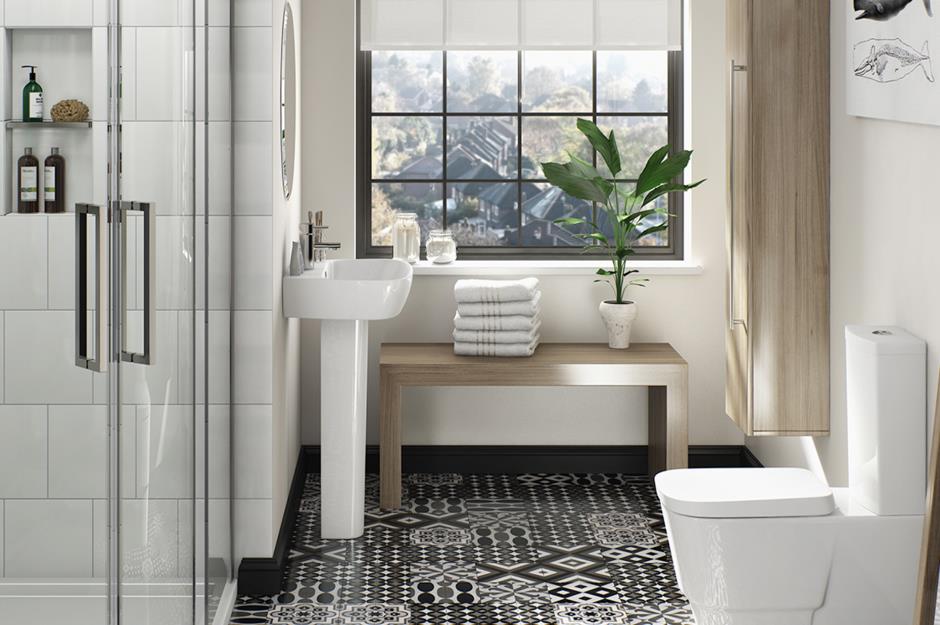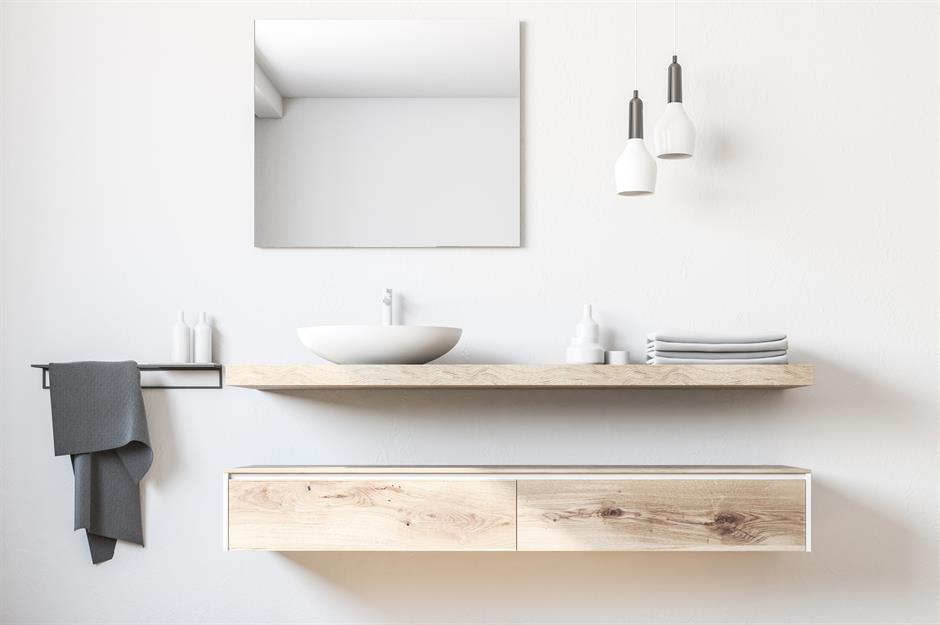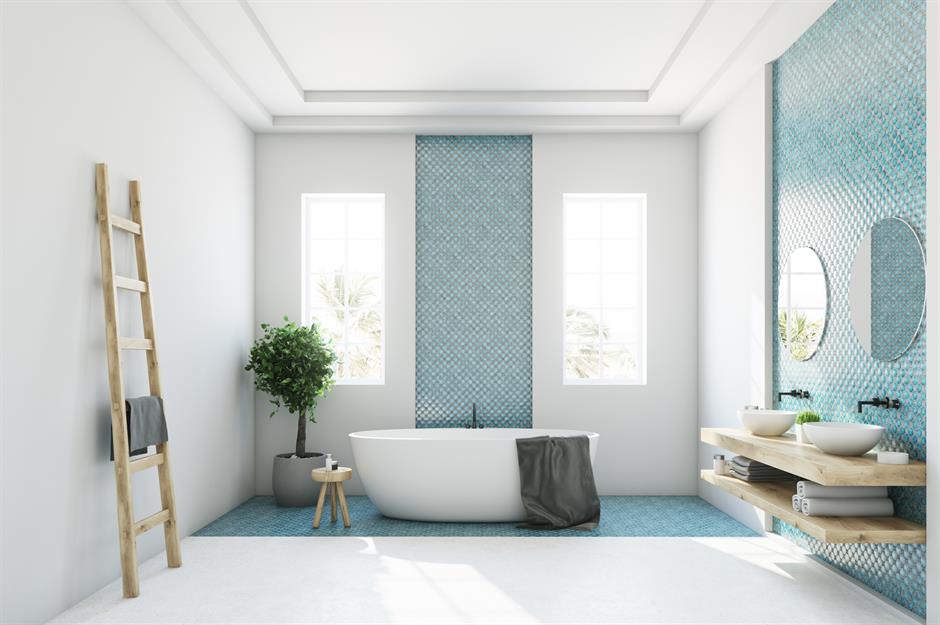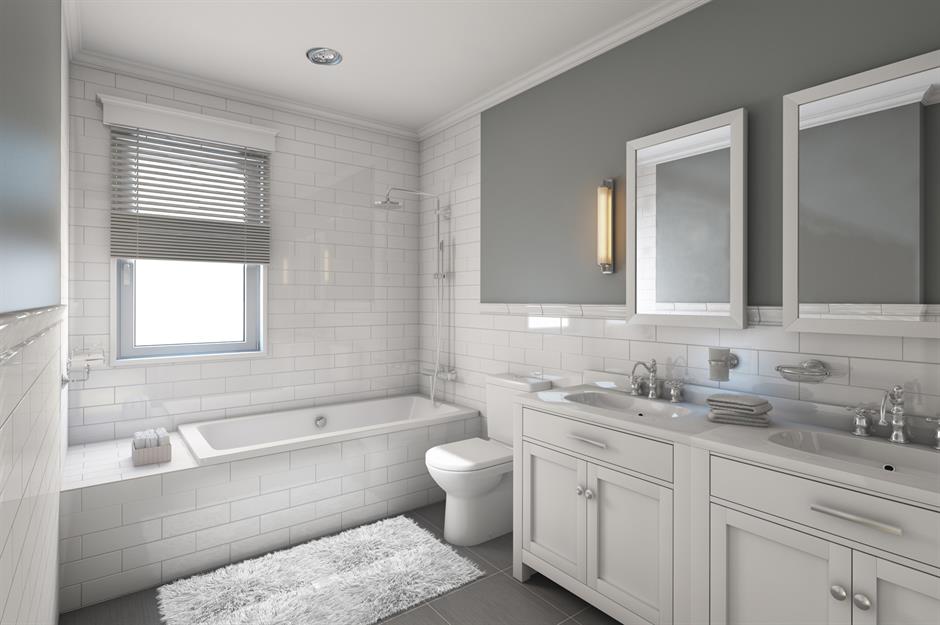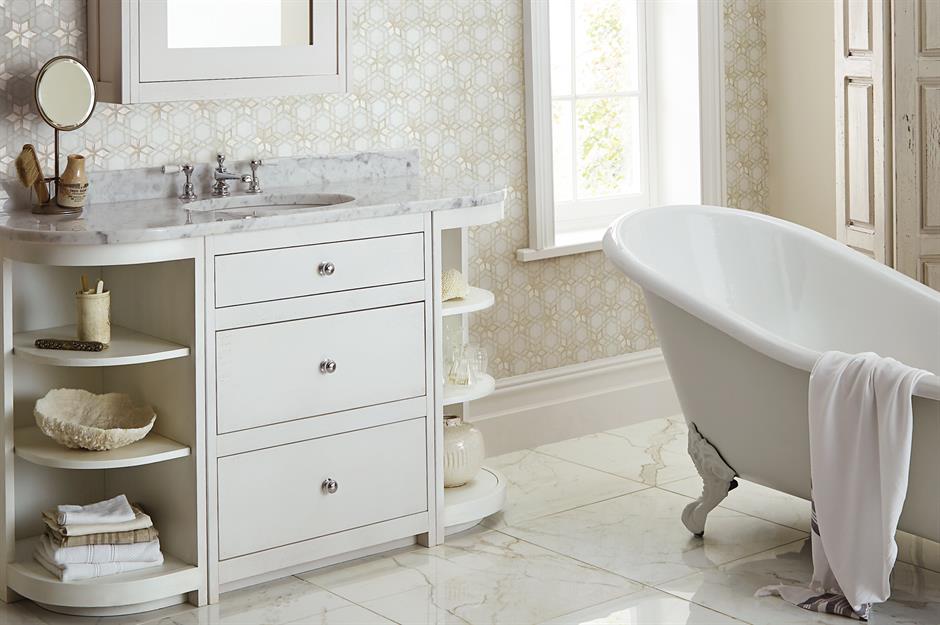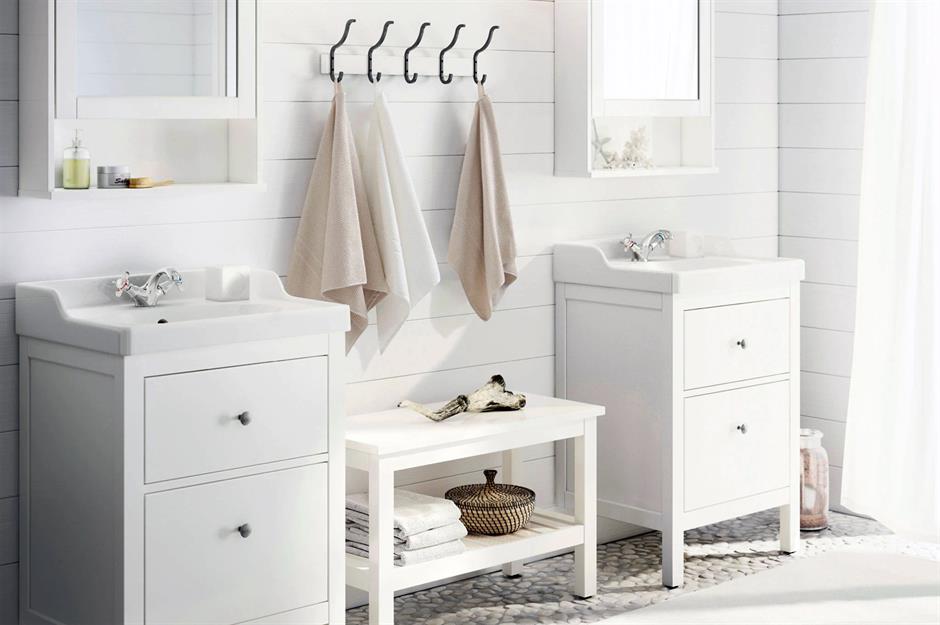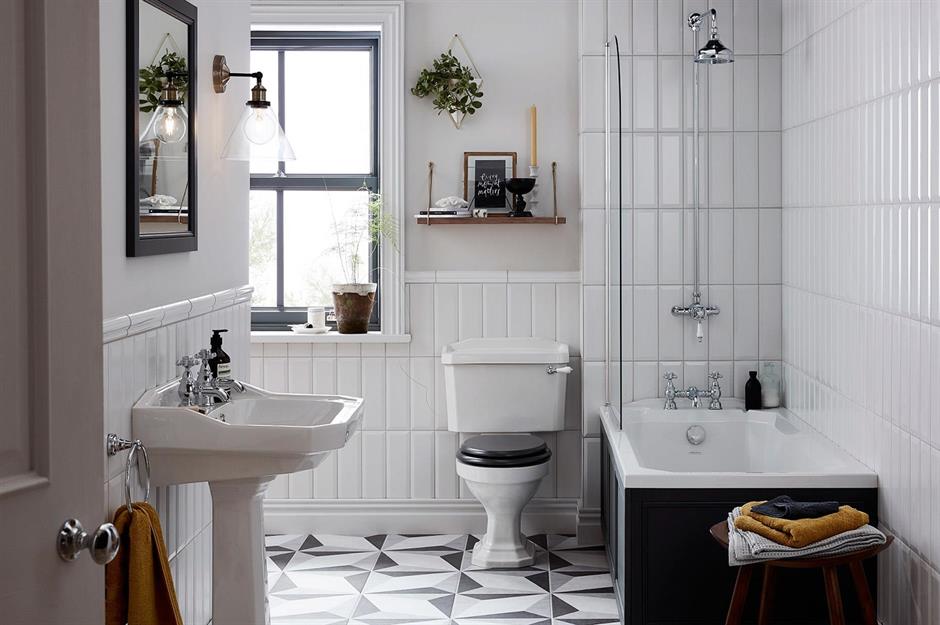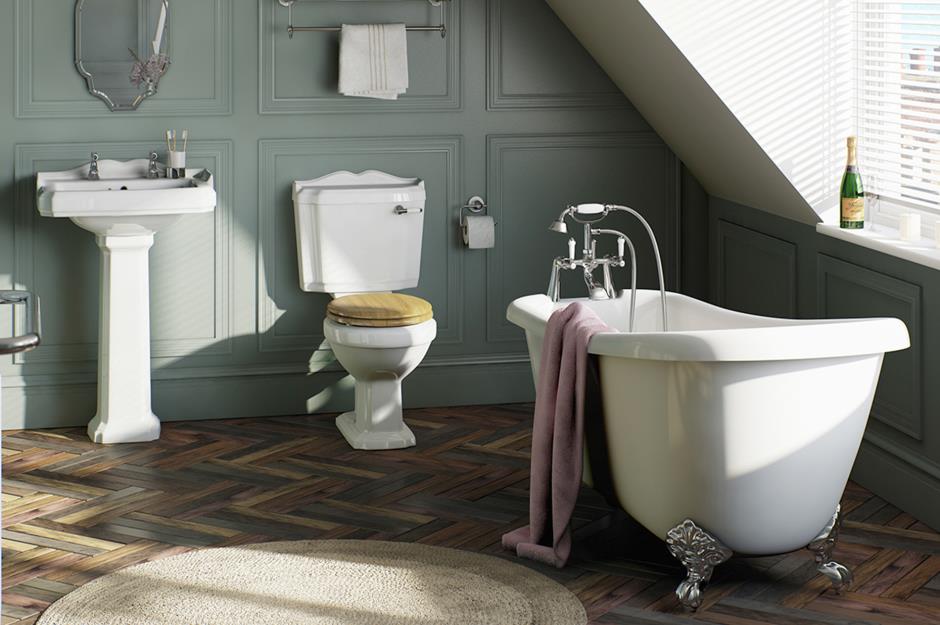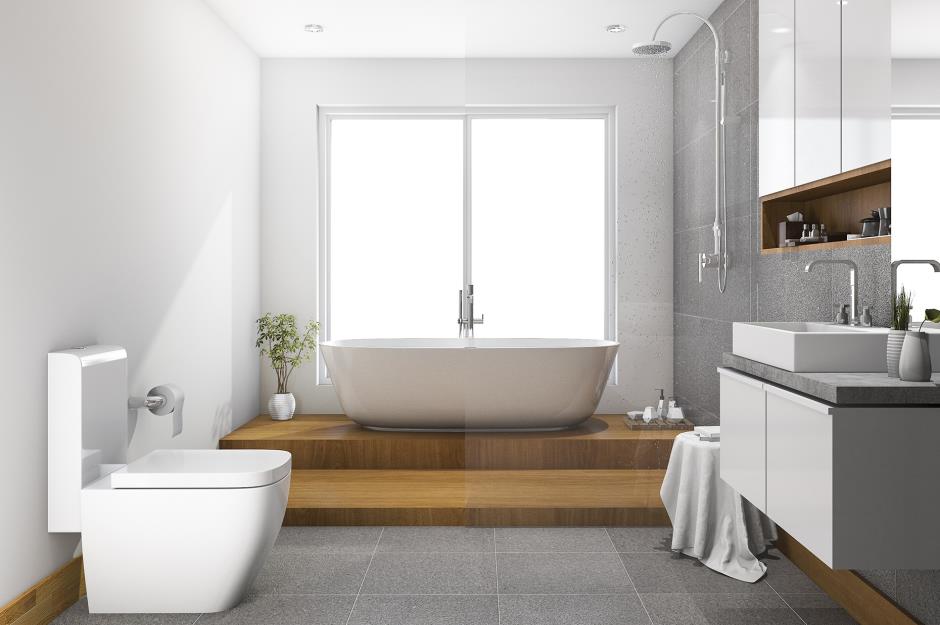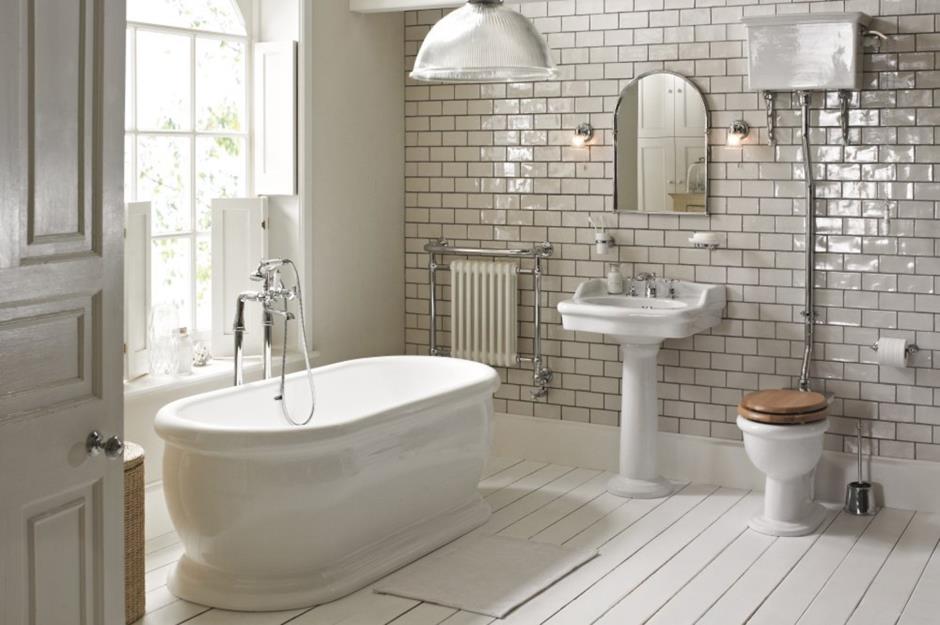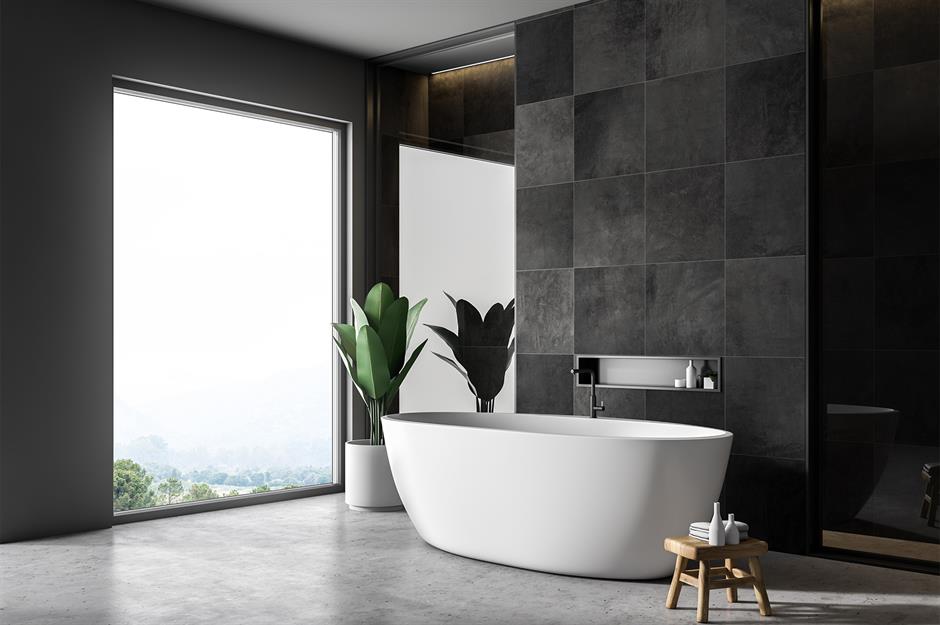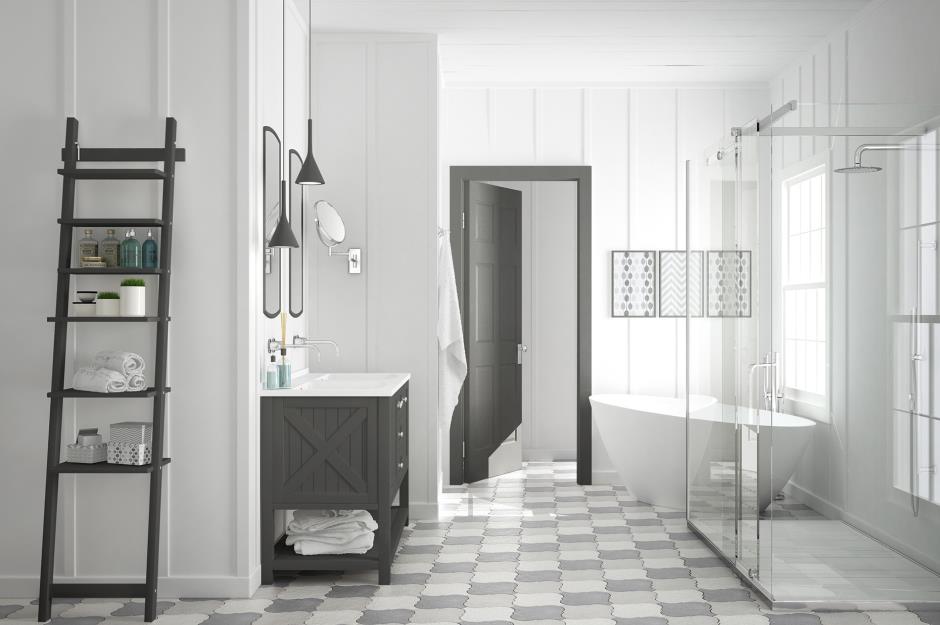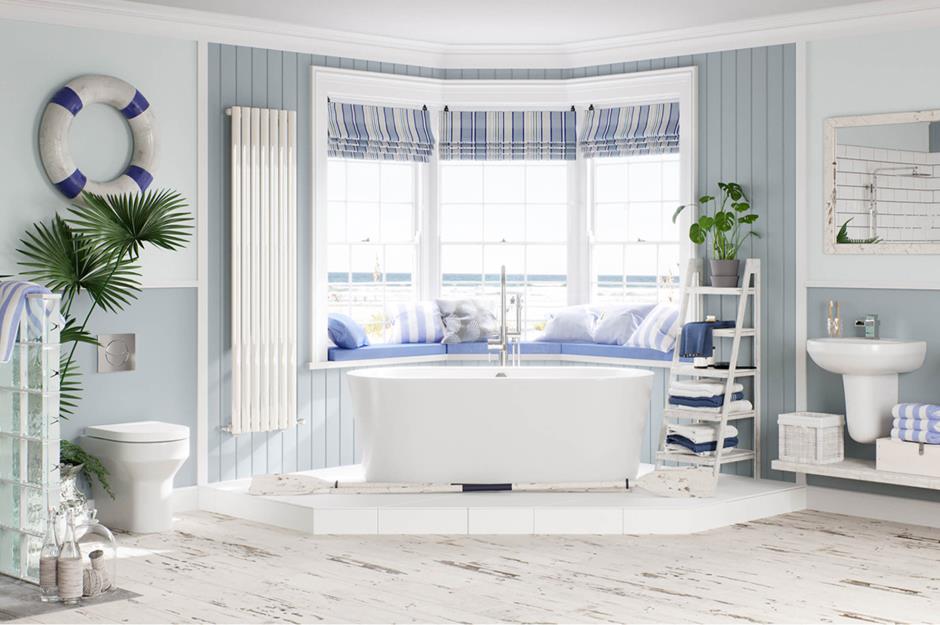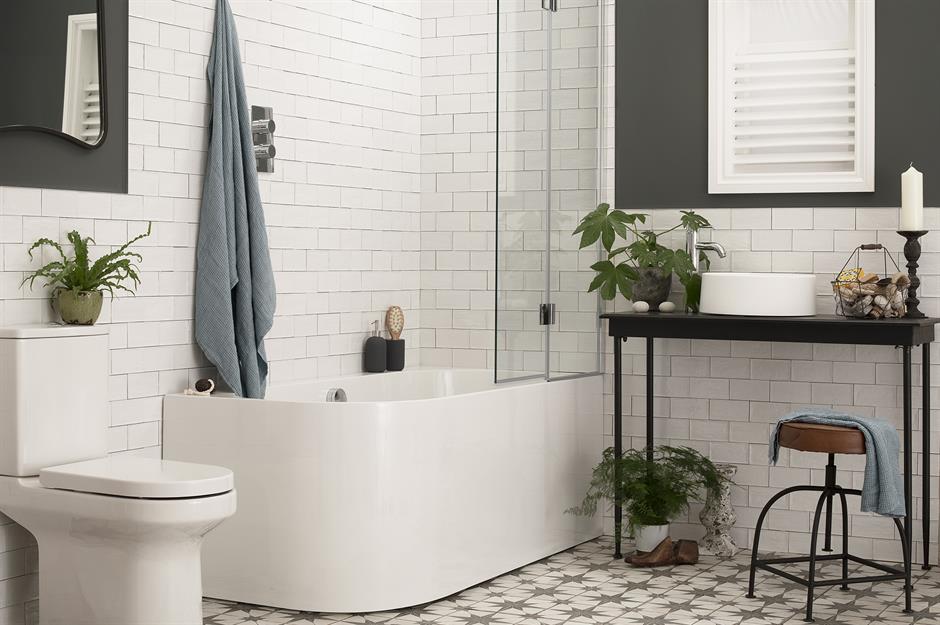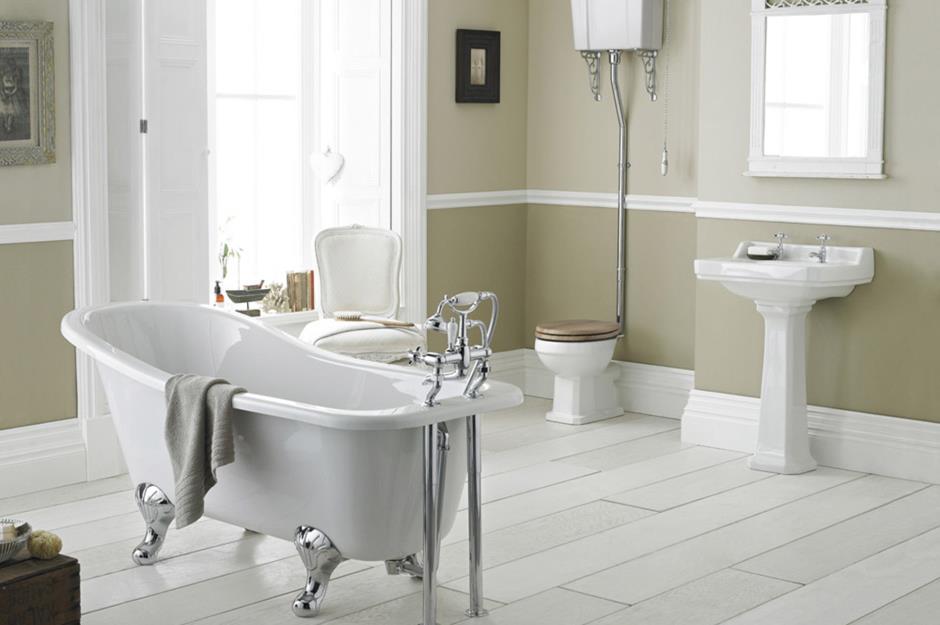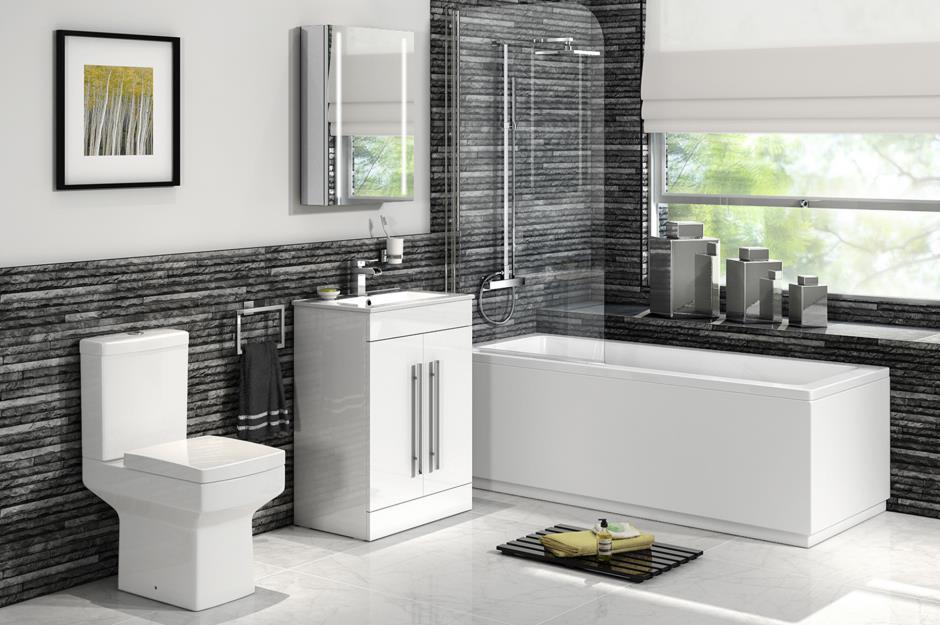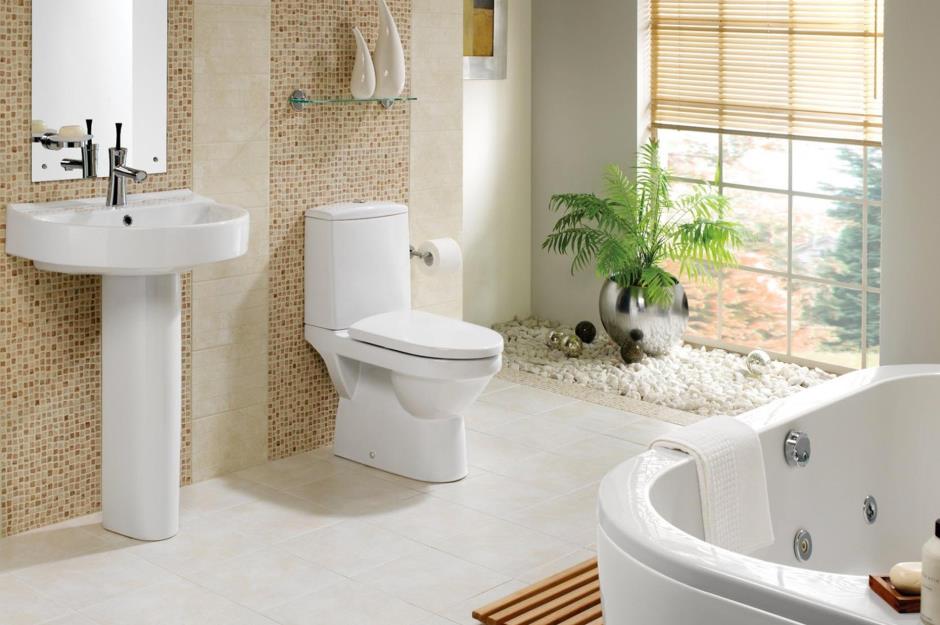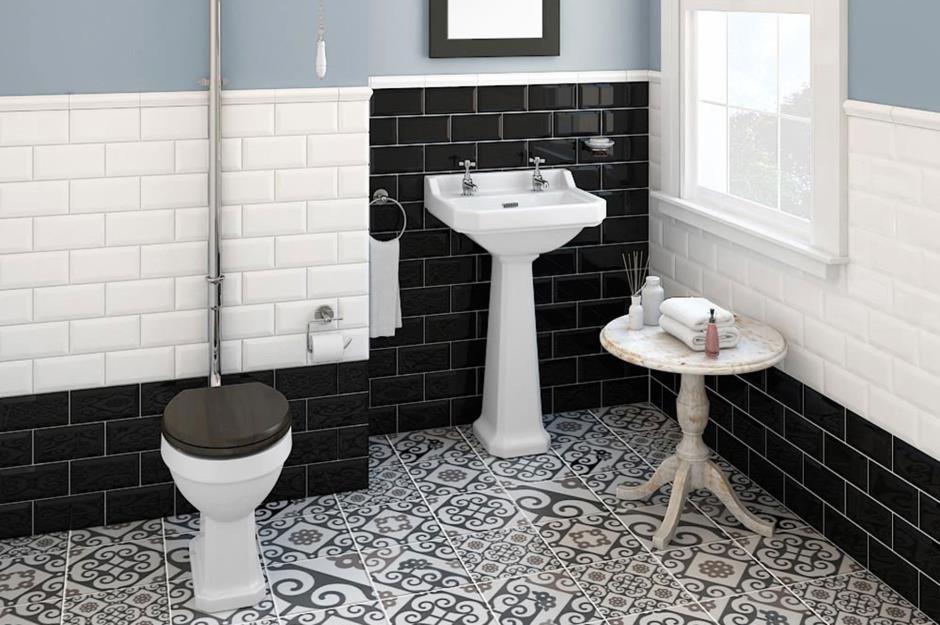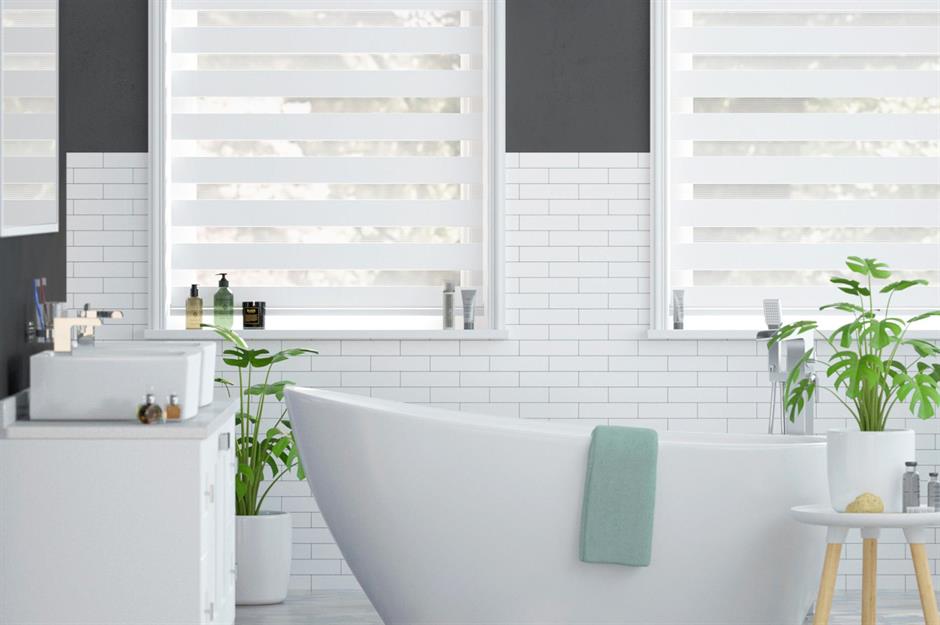Lavatory Vs Bathroom
As an Amazon Associate, we earn from qualifying purchases at no additional cost to you.

The terms bathroom, restroom, washroom, toilet, and lavatory generally mean the same thing, which is a place to relieve yourself or got to the toilet. The terms are euphemisms to prevent embarrassment. They have various origins and are used differently in different countries in the world.
English is a complex language made even more complicated when different words are used for the same concept. Needing to use the bathroom or toilet can be an urgent issue, and it may be frustrating to know which is the best word to use to get your meaning across. We can use bathroom, restroom, washroom, toilet, and lavatory to mean something similar but is there any difference in the meaning of these words, and how are they used in different countries around the world?
People are curious creatures and culturally are easily embarrassed by the mention of bodily functions. Different cultures and countries use different terms to refer to the need to relieve oneself. It is useful to know the correct words to use when visiting other countries.
What Is a Bathroom?

The term bathroom originated in 1780 and indicated a room that contained a bath or shower. To save space, people began to include toilets and sinks in bathrooms in residences.
In British English, a bathroom still refers to a room that contains a bath or shower. Australia, Hong Kong, Singapore, and New Zealand use the term bathroom in the same way as the British.
In American English, however, a bathroom is used to denote a room containing a toilet. This is only used in connection with toilets in homes. It does not indicate toilets in public places.
South Africans have had exposure through television to American English, and many use the term bathroom to denote a room containing only a toilet. South Africans use the term for public and residential toilets.
You can check out my article on the Difference Between Private, Attached, and Shared Bathrooms for more information.
What Is a Restroom?
The term "restroom" developed from rooms equipped with comfortable sitting areas adjacent to the toilets in restaurants or up-scale theatres and entertainment establishments. These rooms were common from 1900 to the 1970s. They did not indicate the toilet or bathroom in any way.

As is usual with English, the meaning of the term has changed. Currently, the word restroom is used by Americans to indicate a room containing toilets and basins in a public facility. It is used almost exclusively by Americans in this way. For other English users, a restroom would indicate a place where you could lie or sit down to rest.
What Is a Washroom?

In Canadian English, a washroom refers to a room containing toilets and sinks or basins. This applies to both residential and public facilities.
It is not commonly used in the United States to indicate a toilet facility, except in Chicago. Washrooms for most other American English speakers and British English speakers refer to a laundry or utility room.
In some upmarket entertainment facilities across the world, you may find both washrooms and restrooms. The washroom is designed for people to go to the toilet, wash their hands, and some may even contain showers. Restrooms are places to sit down and rest, although some may have toilets attached. Then, in some instances, the washroom and restroom can adjoin each other.
What Is a Toilet?

In some countries, a toilet refers to the room which contains the toilet or toilets, as in the case of a public toilet facility. In other countries, a toilet refers to the actual fixture or receptacle for relieving oneself. It normally consists of a bowl and an attached water tank.
In Britain, Australia, western Europe, and South Africa, it is acceptable to use the word toilet as in "Where is the toilet?". However, for some inexplicable reason, it is regarded as extremely rude to use the word toilet in American and Canadian culture.
What Is a Loo?

In the early history of toilets, chamber pots were used for people to relieve themselves at night. In French towns, they had the reprehensible and nauseating habit of emptying their chamber pots out of the house windows while shouting "guardez l'eau" (pronounced gardyloo). This meant 'watch out for the water.'
British soldiers experienced this phenomenon during World War I. They then brought the shortened version of the term, "loo", back to Britain. By 1922, the word "loo" was being used extensively in Britain. It is now considered a polite and acceptable way to refer to the toilet or bathroom in Britain and most countries where the word toilet is acceptable.
What Is a Lavatory?

The word lavatory developed from a Latin and French word "lavare," which meant "to wash" or a "bowl to wash in". Languages are constantly evolving, and the word lavare developed into two words, namely "lavatory" and "latrine".
Initially, these words indicated washing or cleaning oneself. Later these two terms began to mean the place where you could relieve yourself.
The term lavatory is going out of fashion and is generally only used by older British people currently. The latrine is not used commonly any longer, except in the military in Britain and South Africa. But even in the military, the word is beginning to be replaced by other words to indicate a toilet.
What Is a Water Closet (WC)?

The Merriam-Webster dictionary defines a water closet as a small room or compartment that contains a flushing toilet.
The term "water closet", often abbreviated to WC., is still used in much of Eastern Europe, Russia, parts of France, and some South American countries. Public toilets may be indicated by signs that simply say WC. So, if you are in one of these countries and need the bathroom urgently, look for these signs.
The term "water closet" originated in England in 1870 and then became used in the United States in the 1880s and 1890s. Originally toilets were situated outside houses and were classified as outhouses. These were usually pit toilets that were ultimately replaced by flushing toilets.
Eventually, people grew tired of braving the cold and inconvenience of going outside to the toilet. They converted indoor closets into rooms that accommodated toilets that flushed using water. Hence, the term "water closets" came into existence.
What Is a Powder Room?

This term was first used in print 1927. Women were not allowed in bars, and toilets adjoined the bars. As many hotels housed bars, they needed to make a room available for women to use the toilet and wash their hands.
Women that wore cosmetics often refreshed their make-up when they went to the bathroom. This habit was the origin of the term "powder room".
In some areas in America, the powder room was used to refer to the guest bathroom in a house. It housed a toilet and basin but no shower or bath.
Refined people and especially ladies of the upper class, preferred not to refer to bodily functions. It became common for women to refer to using the toilet or bathroom as "powdering their noses" or "freshening up." It is still used in some areas of America or in ultra-polite society, but common usage is diminishing.
For a more in-depth history and definition, read What Is a Powder Room (Definition, history, and place in modern society).
What Are Gents and Ladies?

In most countries, the development of separate toilets for men and women became commonplace. In the United Kingdom, the men's toilet was referred to as "Gentlemen", which was then shortened to "Gents". The "Ladies" was a place for women to use the bathroom. In the USA, the toilet for the male gender was simply referred to as "Men".
In many regions, the words have been replaced by signs that indicate gender. Some of these can be confusing, though. Occasionally, you may see people thoughtfully pondering the signs so that they do not commit the awful social misdemeanor of walking into the wrong bathroom.
It is still common to see the words "Gents" or "Men" and "Ladies" labeled on the doors of toilets in hotels and some restaurants. These tend to be establishments with a slightly old-fashioned or refined air to them.
What Is a Dunny?
A dunny is a term used exclusively in Australia. It comes from the rather explicit British word "dunnekin" that meant the 'dung-house.' As Australia was a British colony, many British terms found their way into the ordinary everyday Australian language.
The word 'dunny' is still considered slang by official dictionaries. However, the Australians are very fond of their local terms, and it is helpful for you to know this term if you are ever visiting there.
Related article: Why Is It Called a Jack and Jill Bathroom
Sources
https://www.geocaching.com/geocache/GC37M98_history-of-the-flushing-toilet-the-water-closet?guid=b5836ba0-ea69-434c-b12e-2215acf394c6
https://www.merriam-webster.com/dictionary/water%20closet
Amazon and the Amazon logo are trademarks of Amazon.com, Inc, or its affiliates.
Source: https://hvac-buzz.com/the-difference-between-a-bathroom-restroom-washroom-toilet-and-lavatory/


